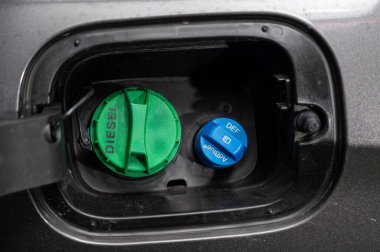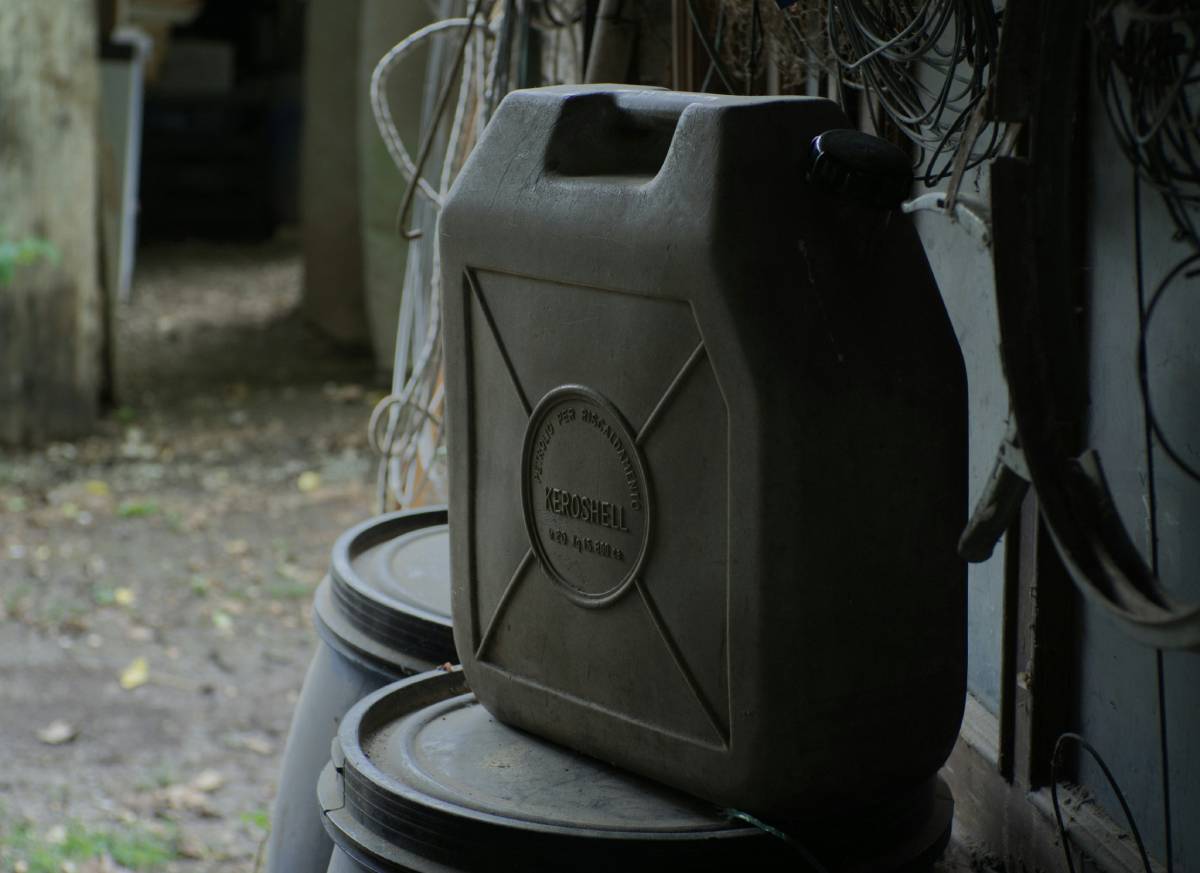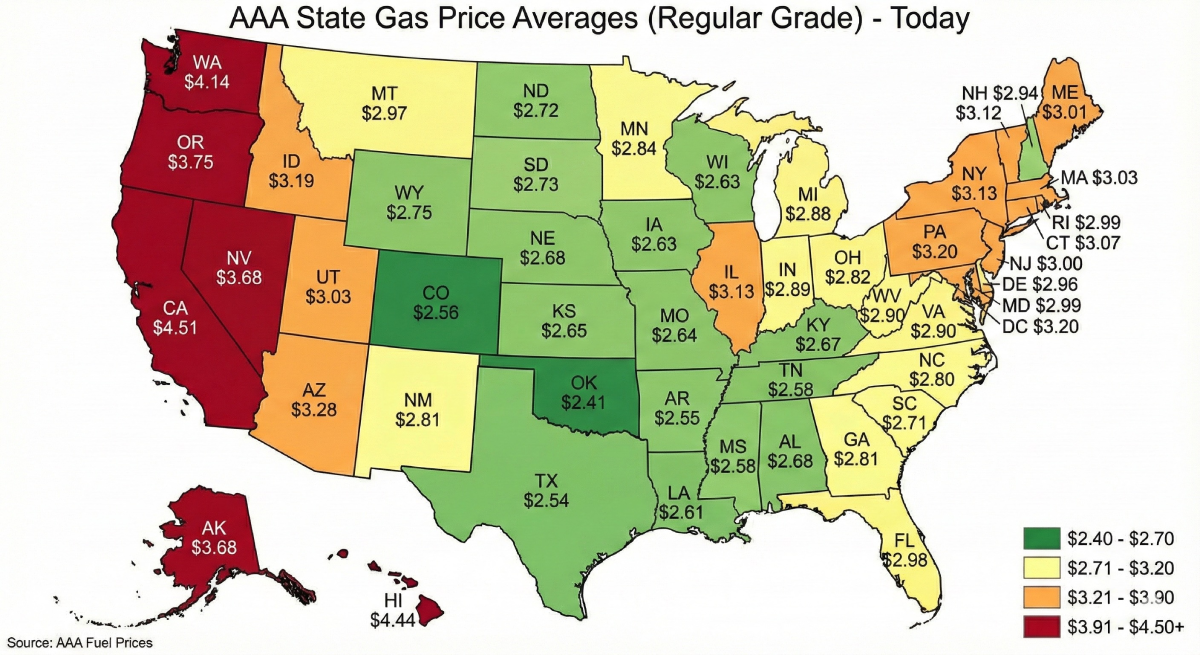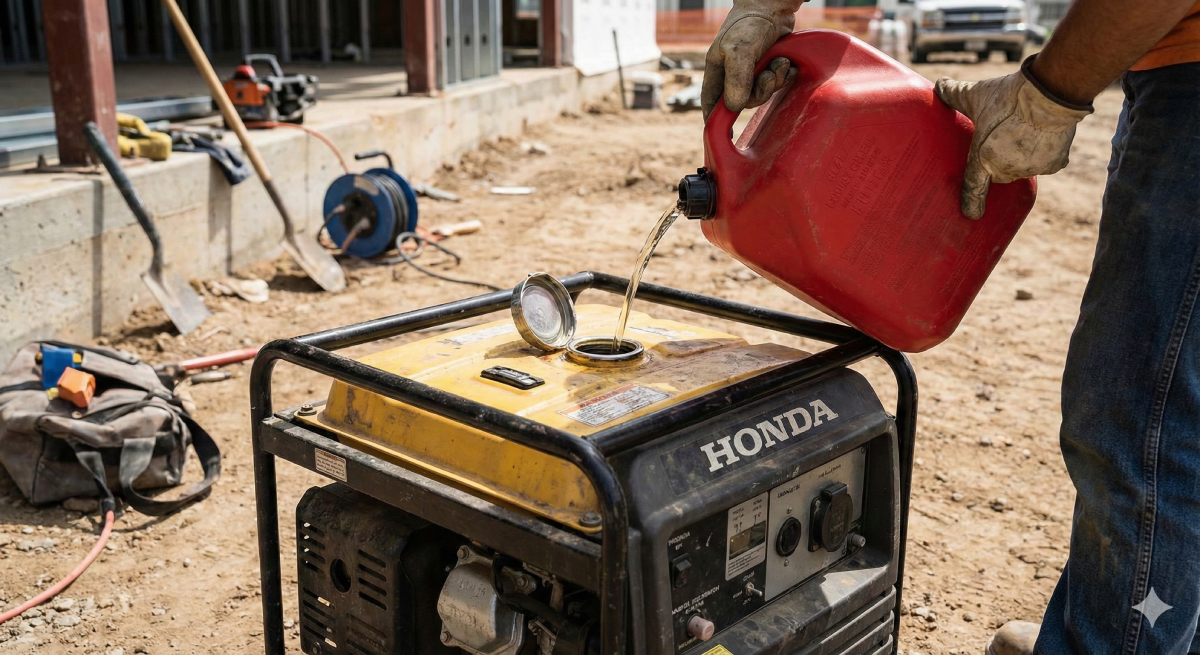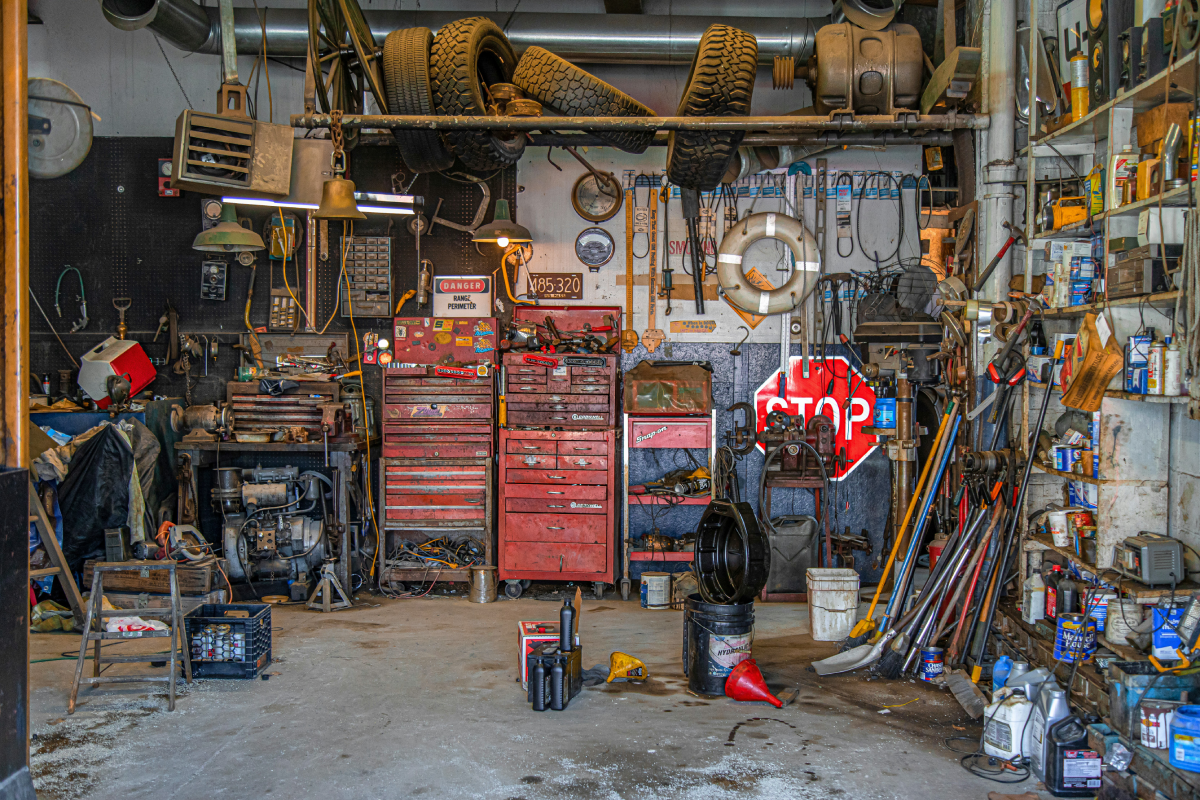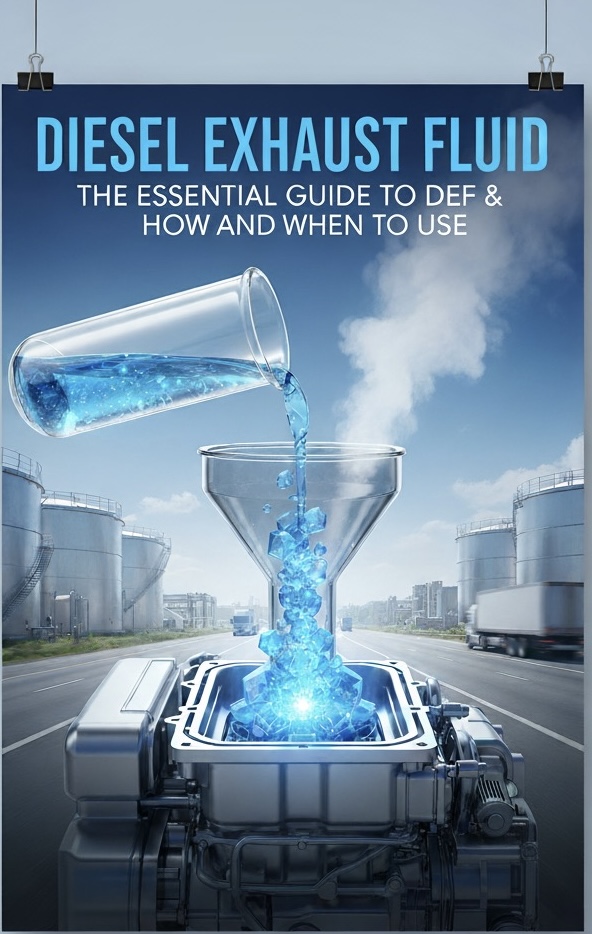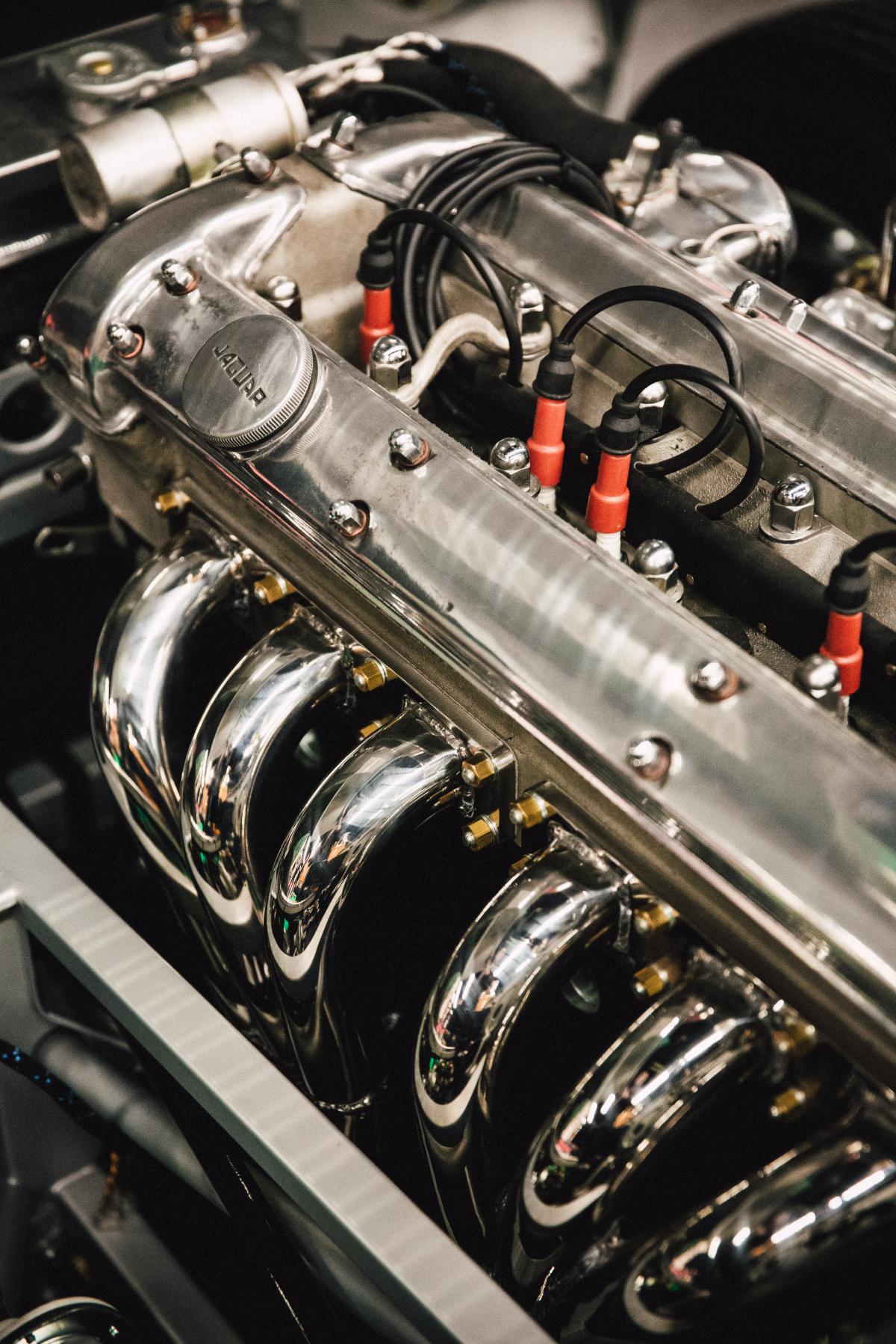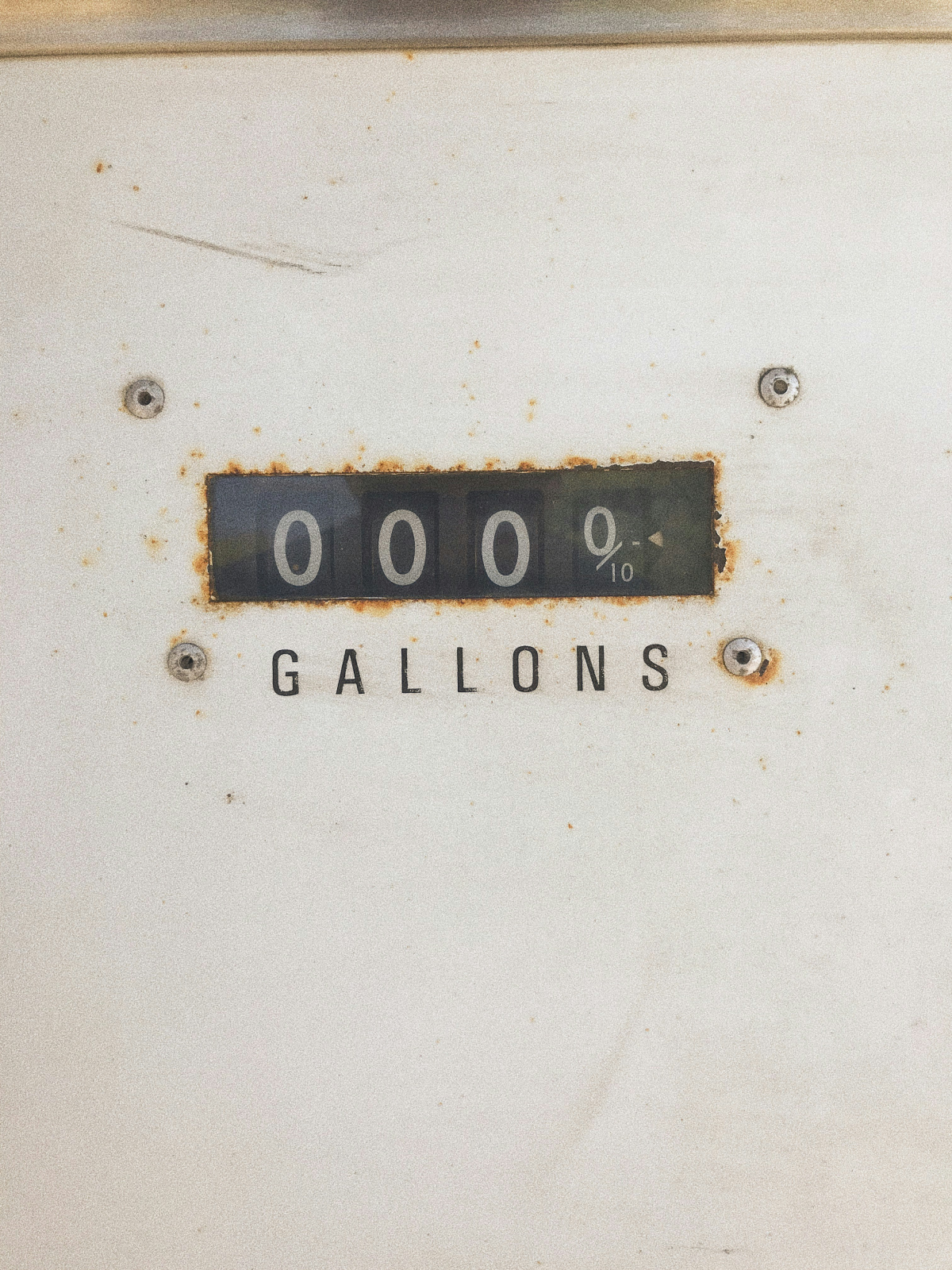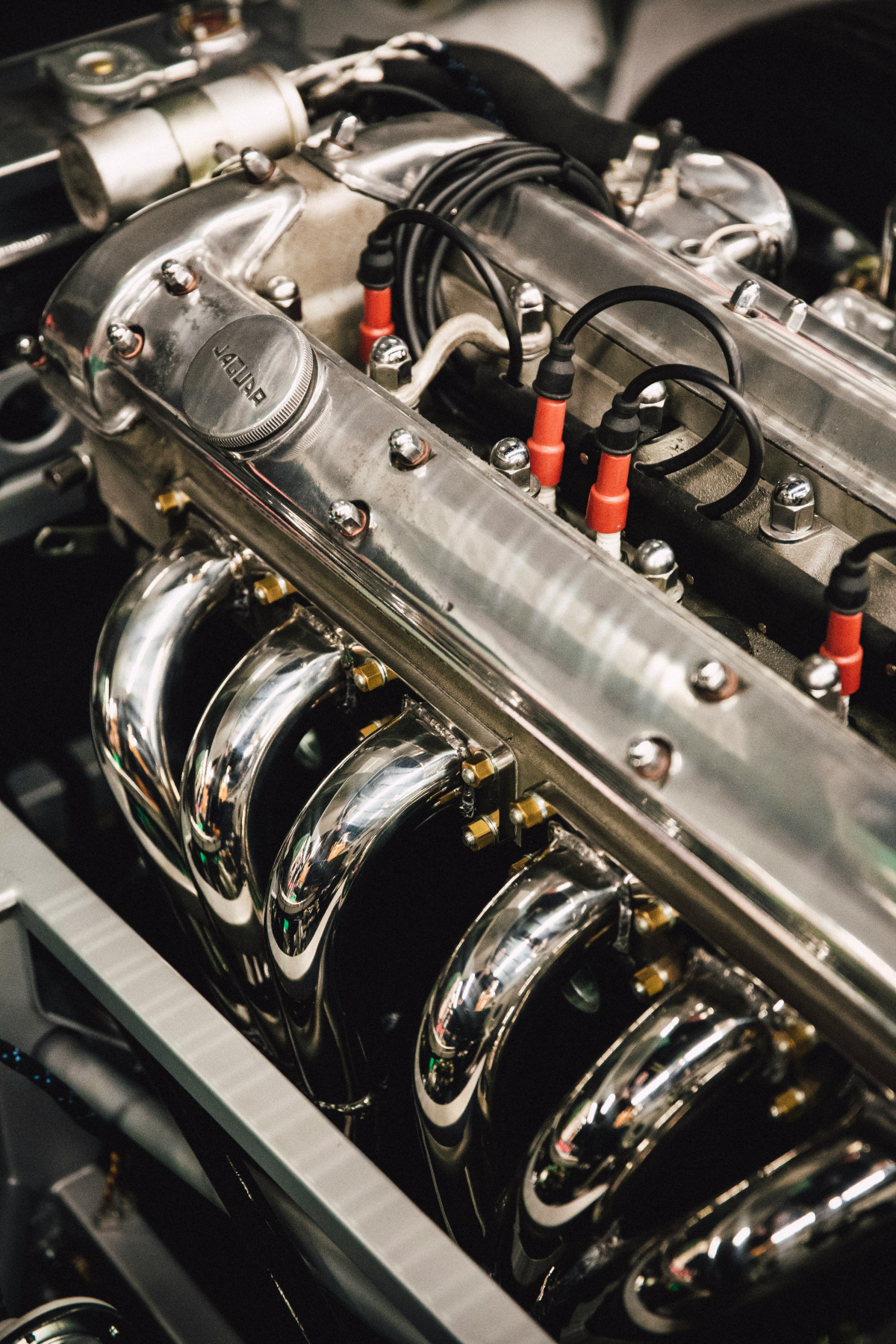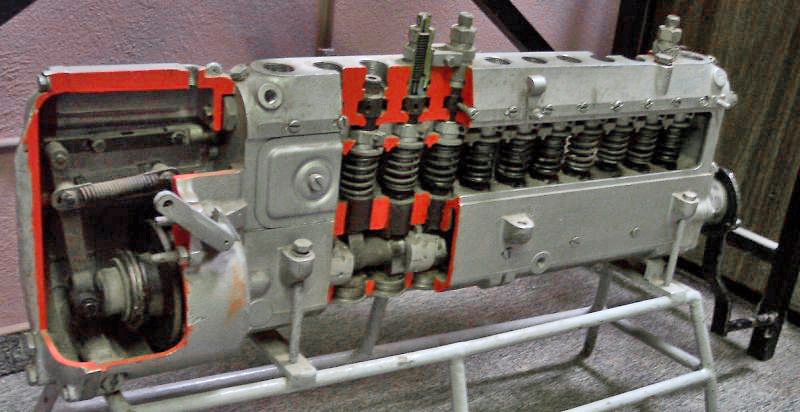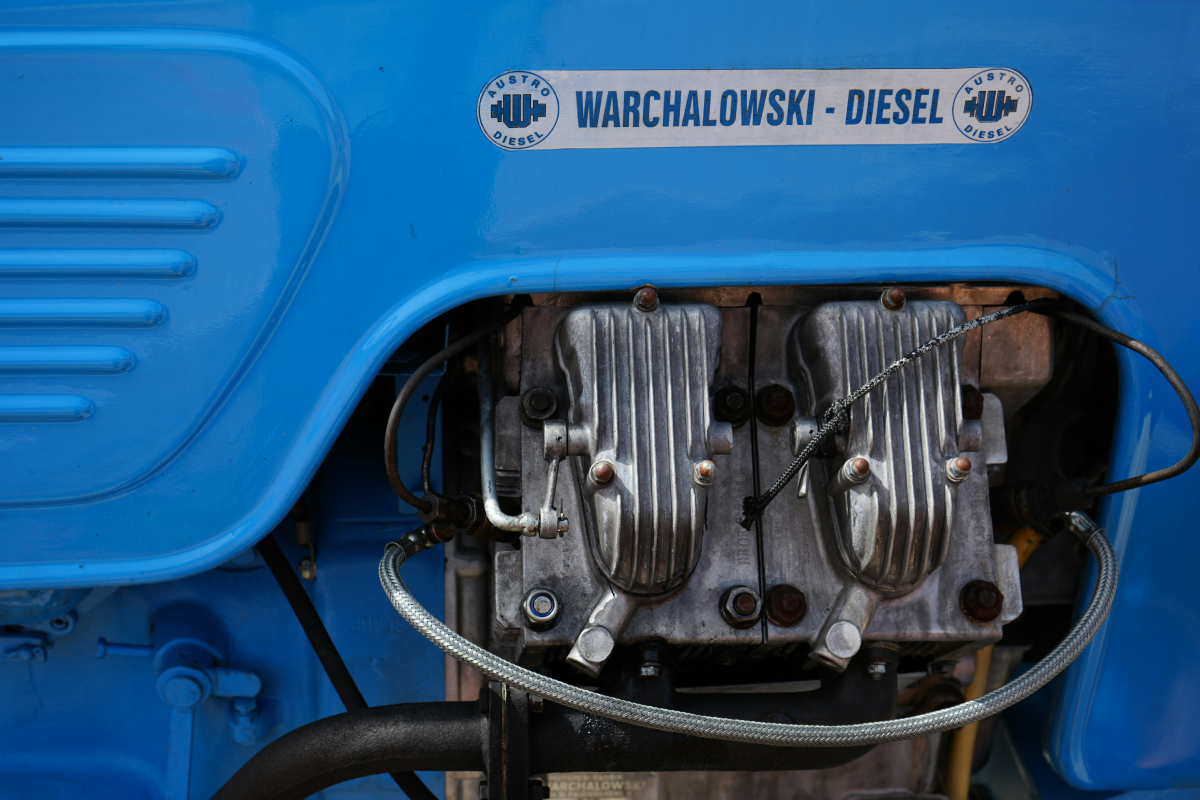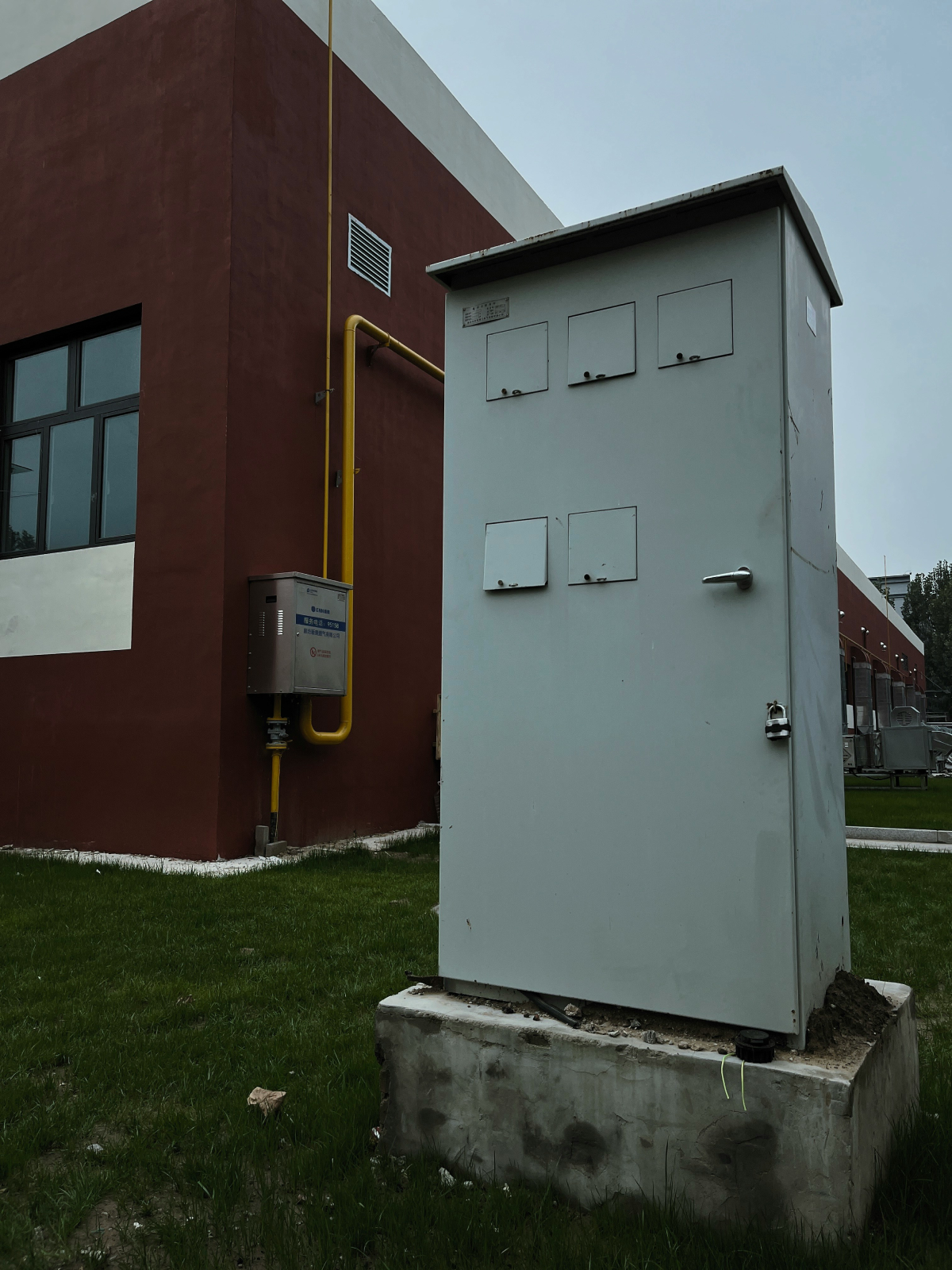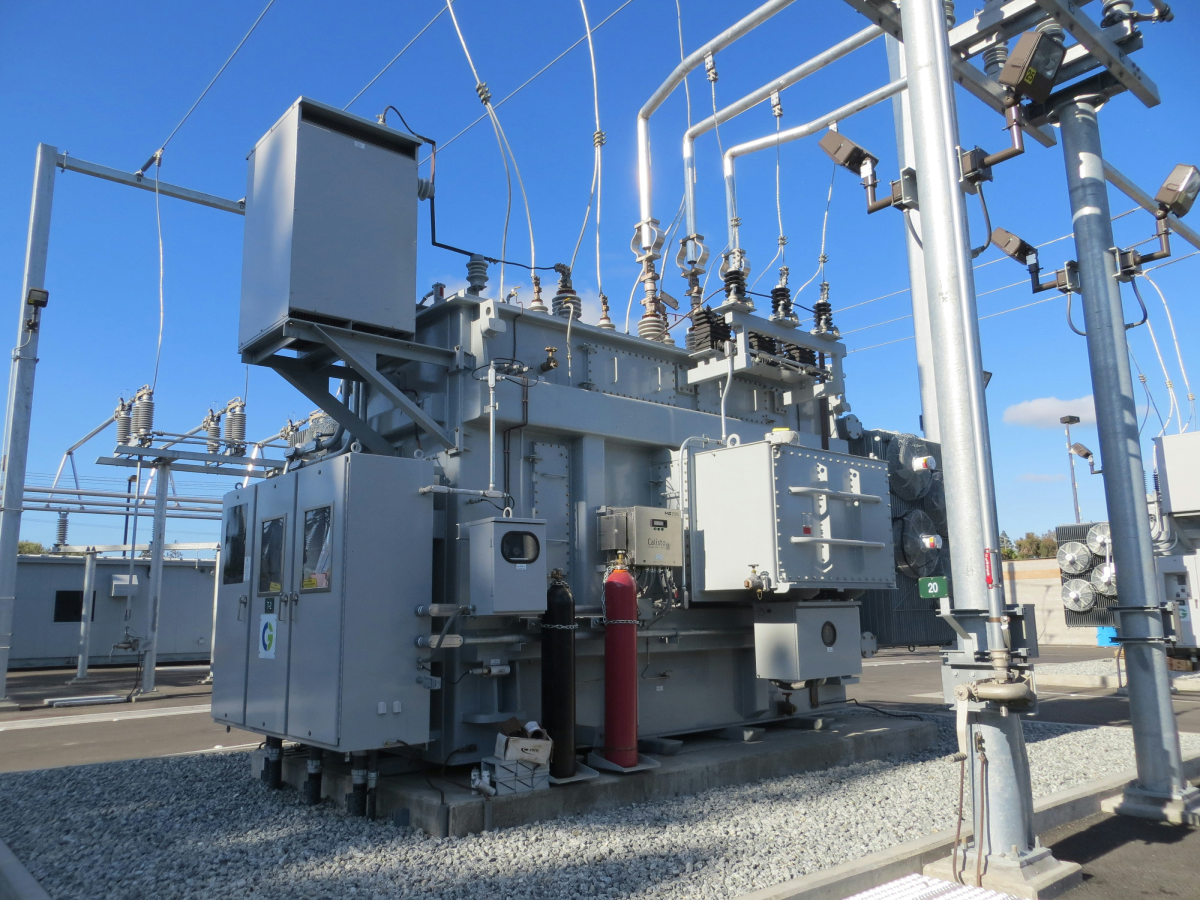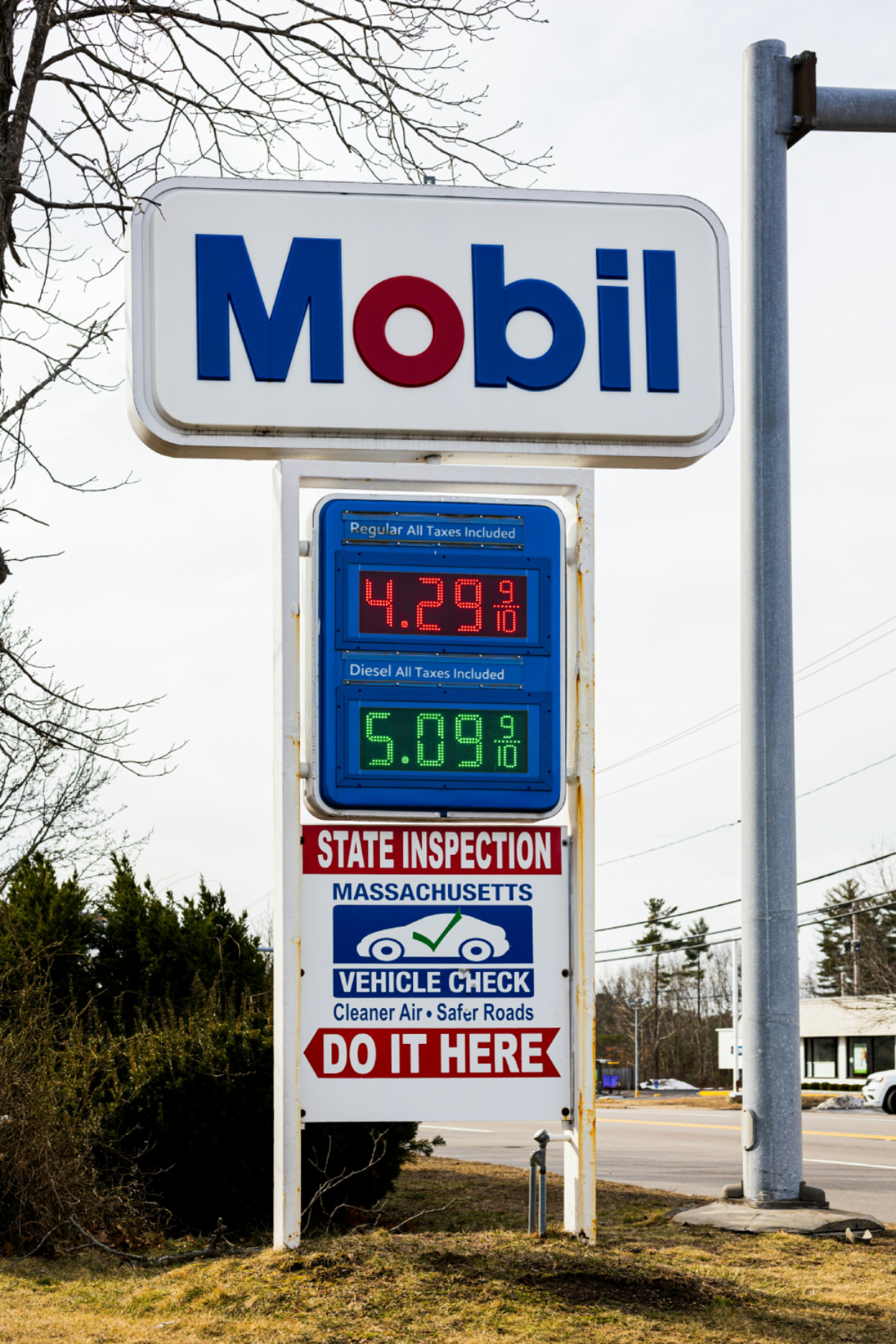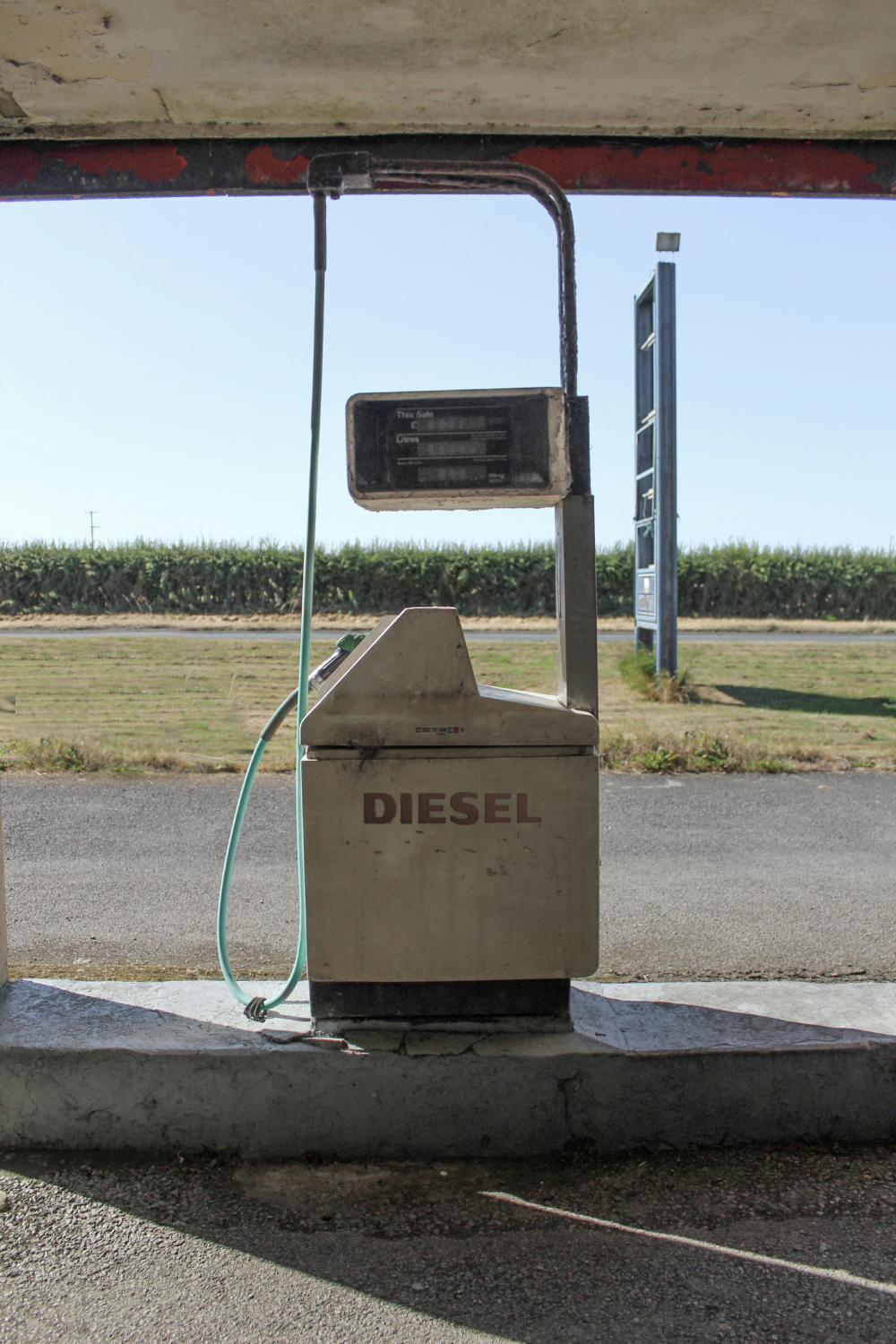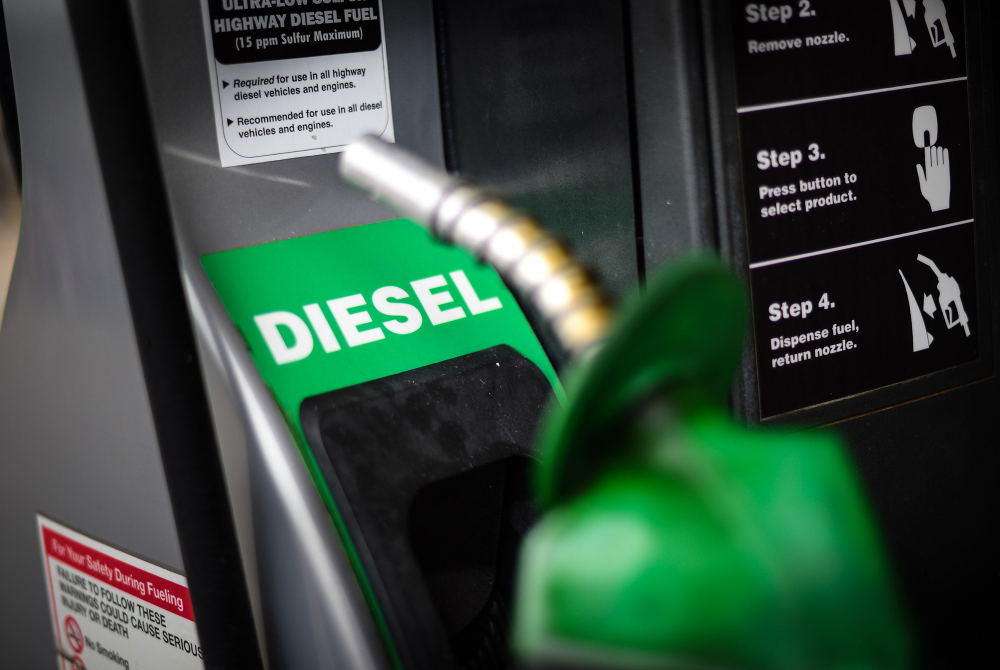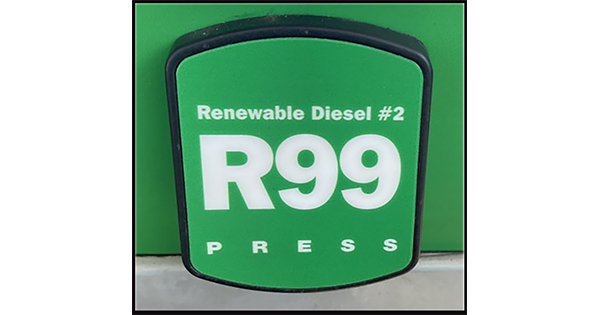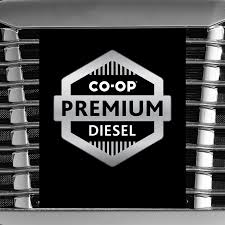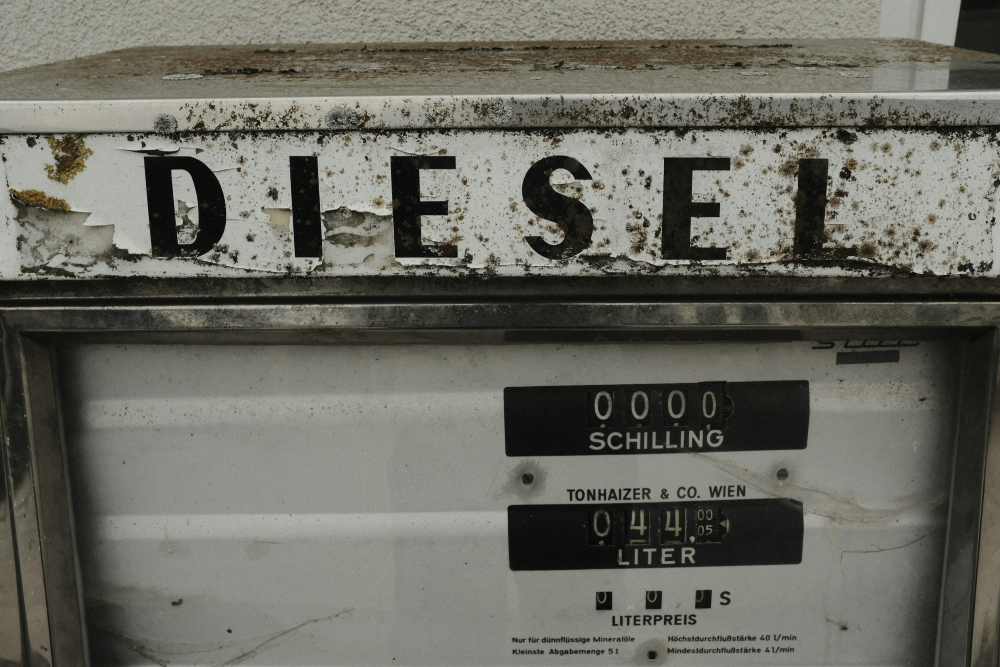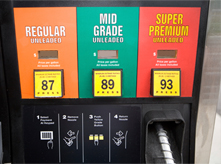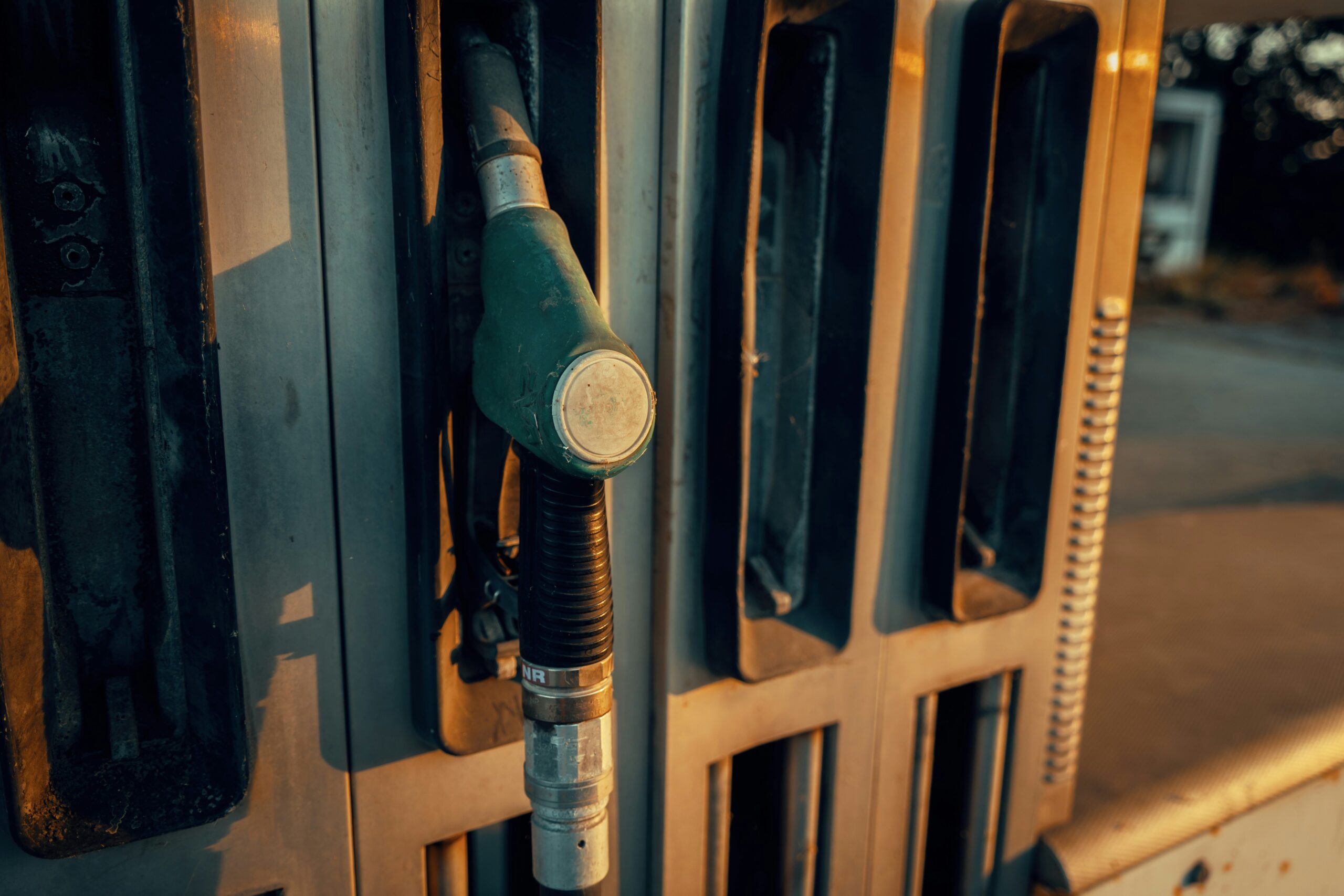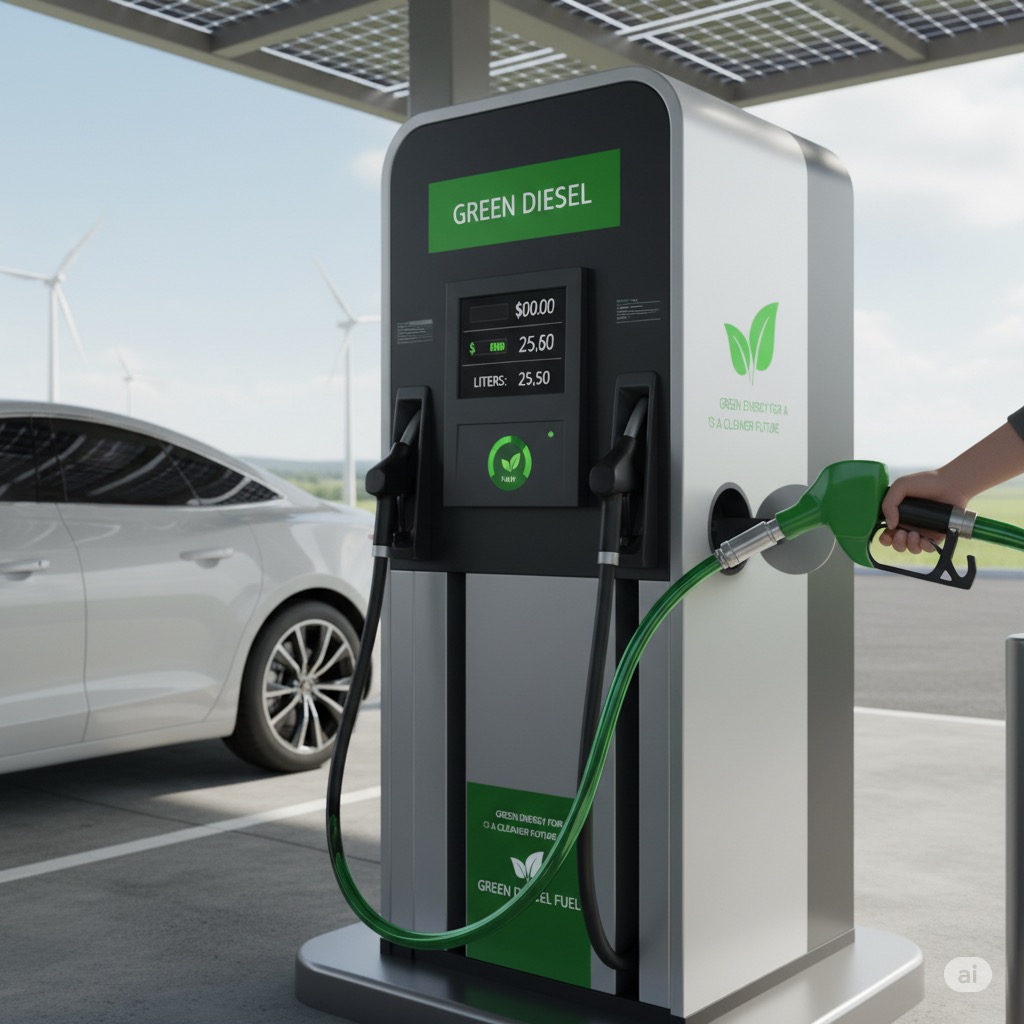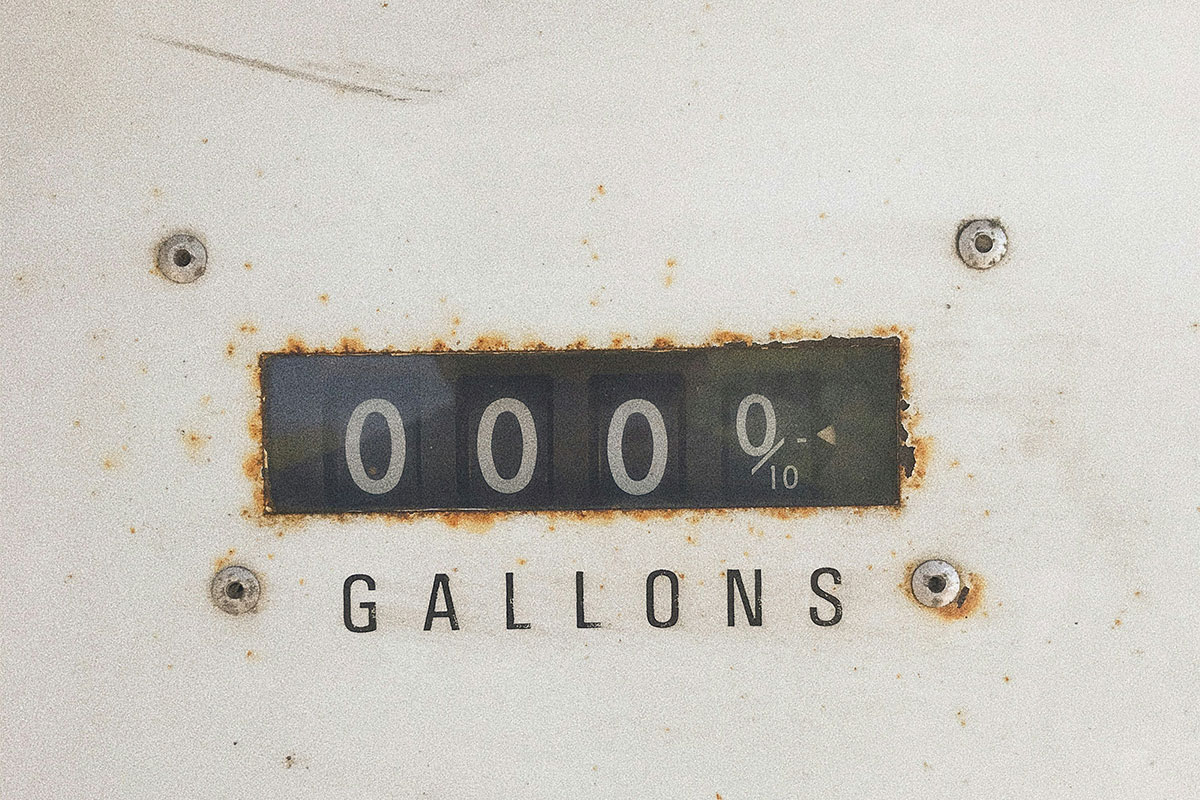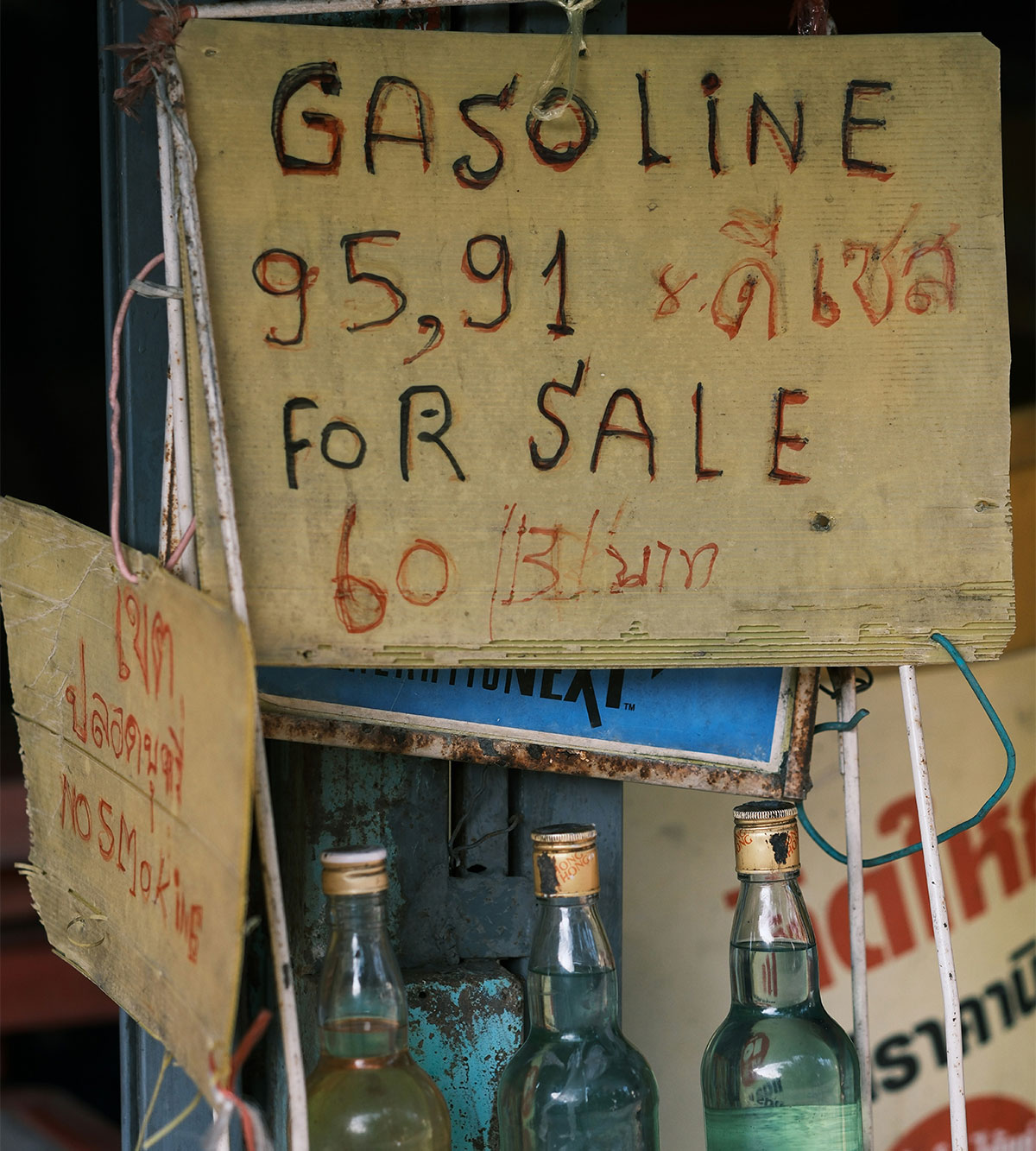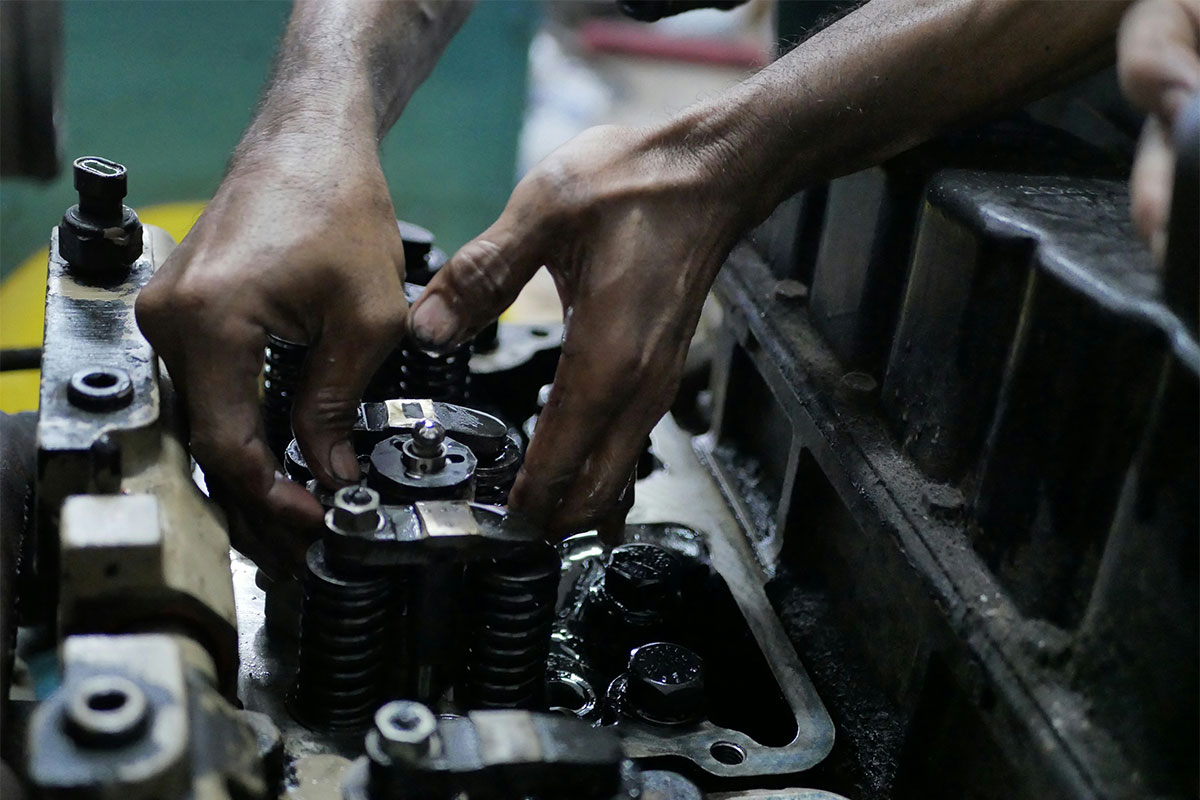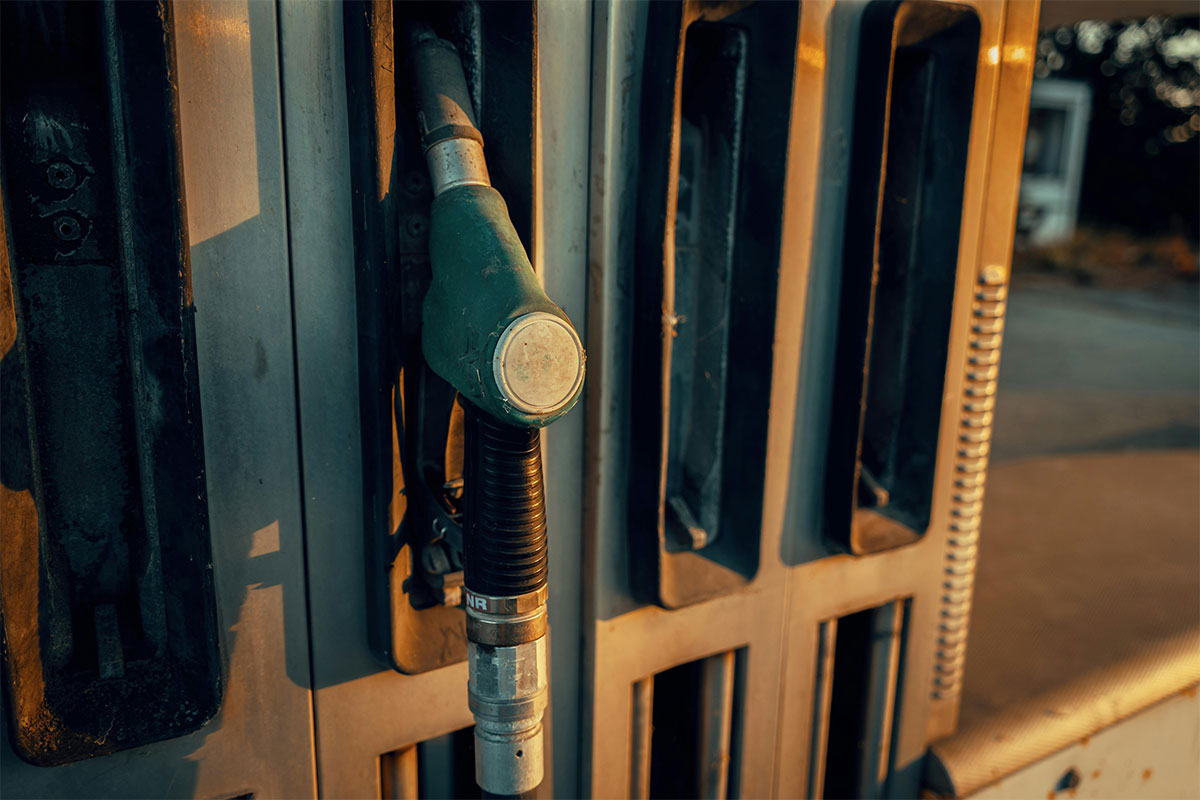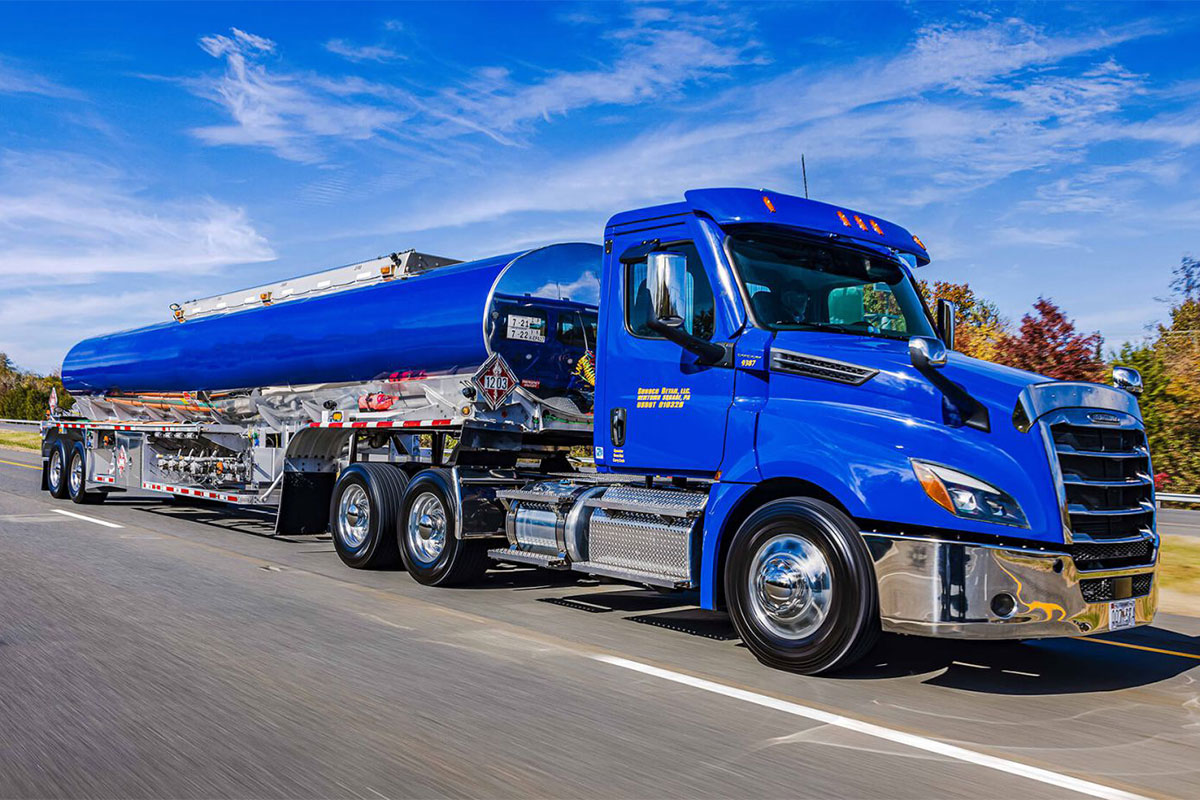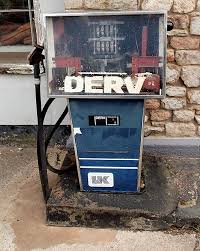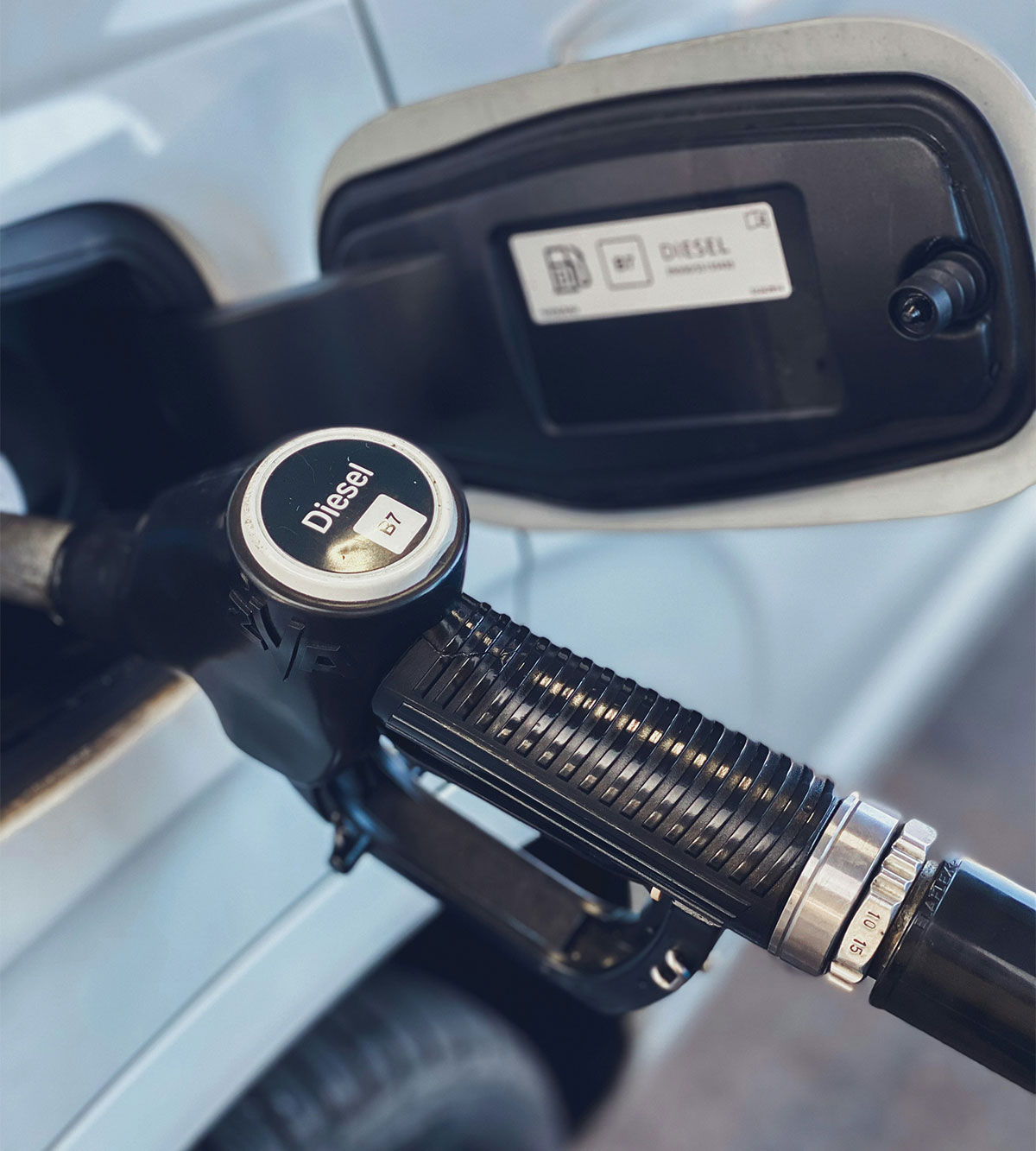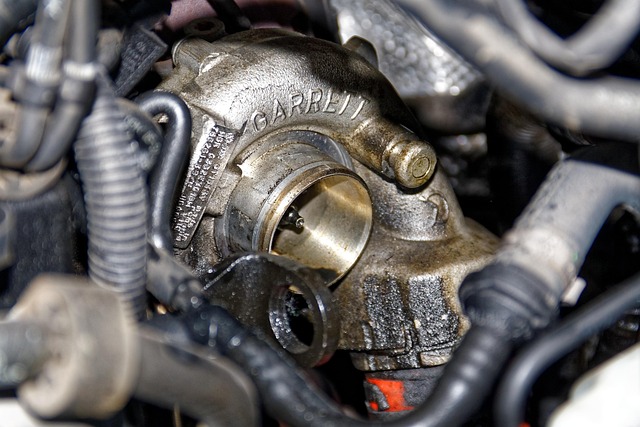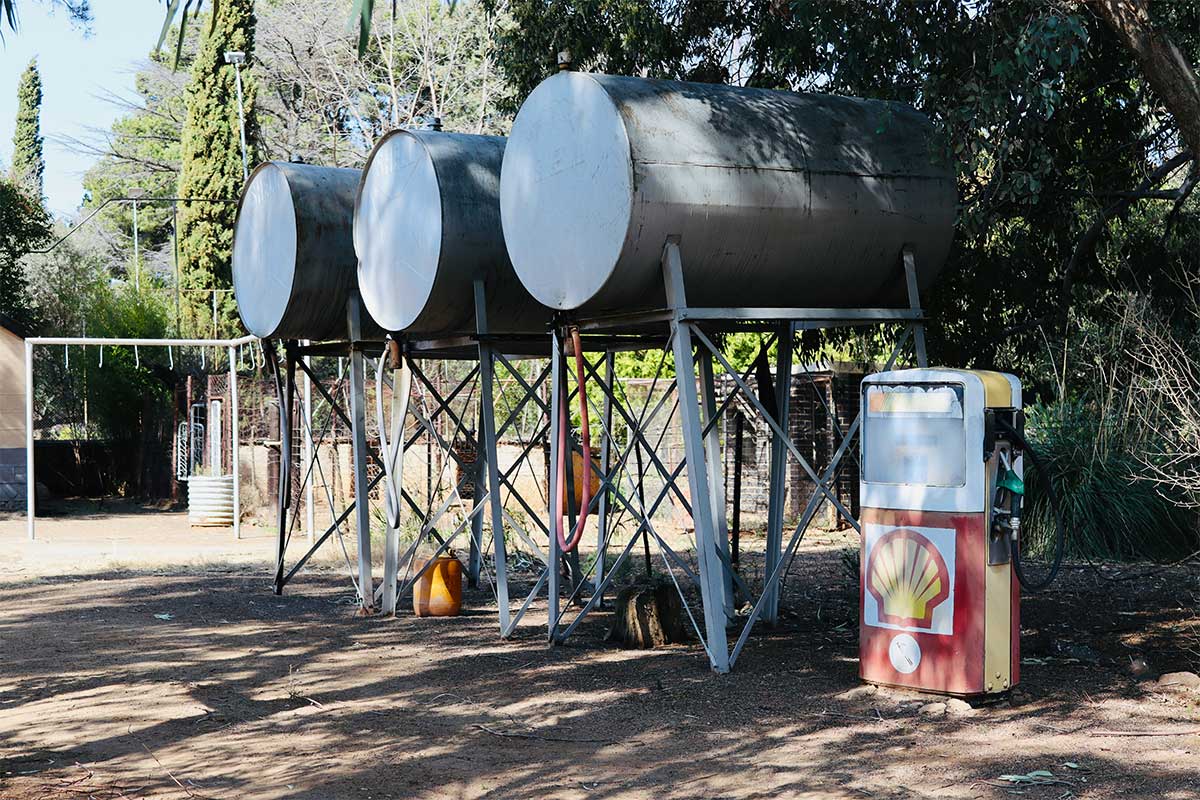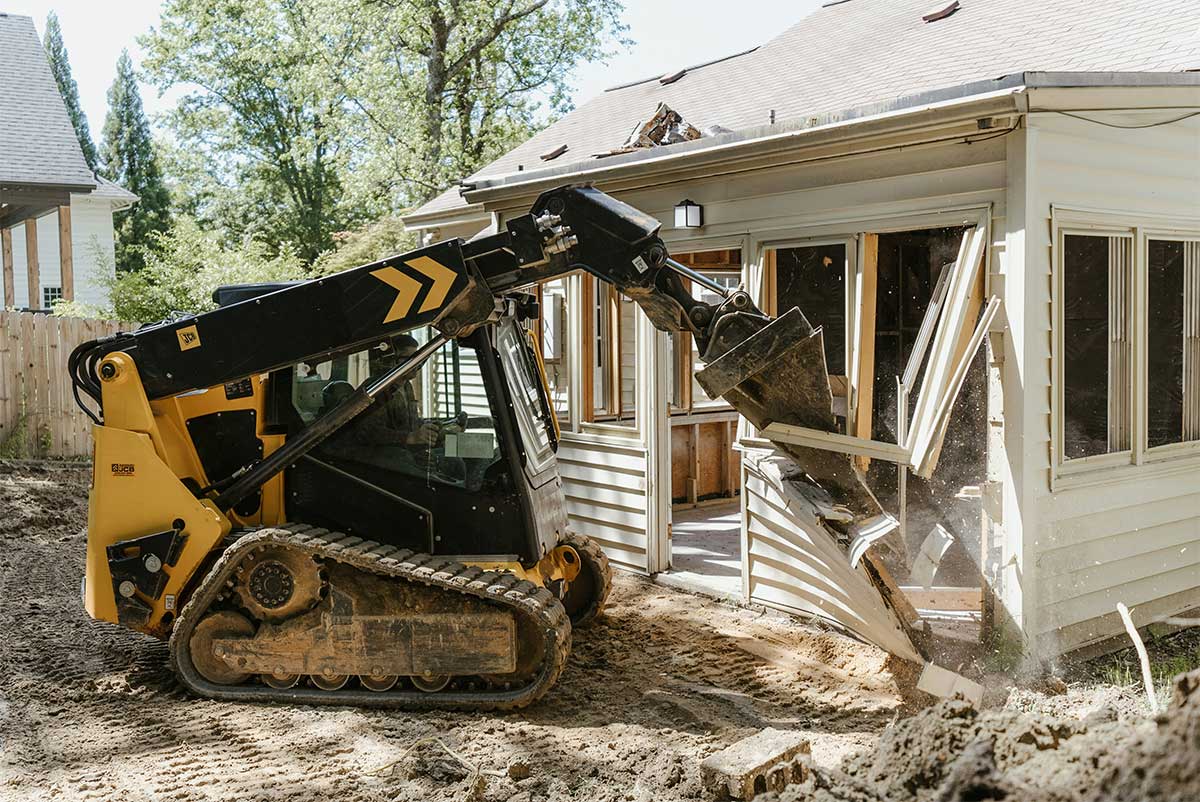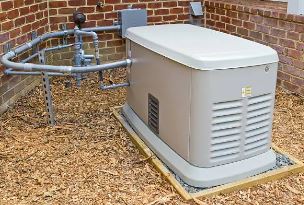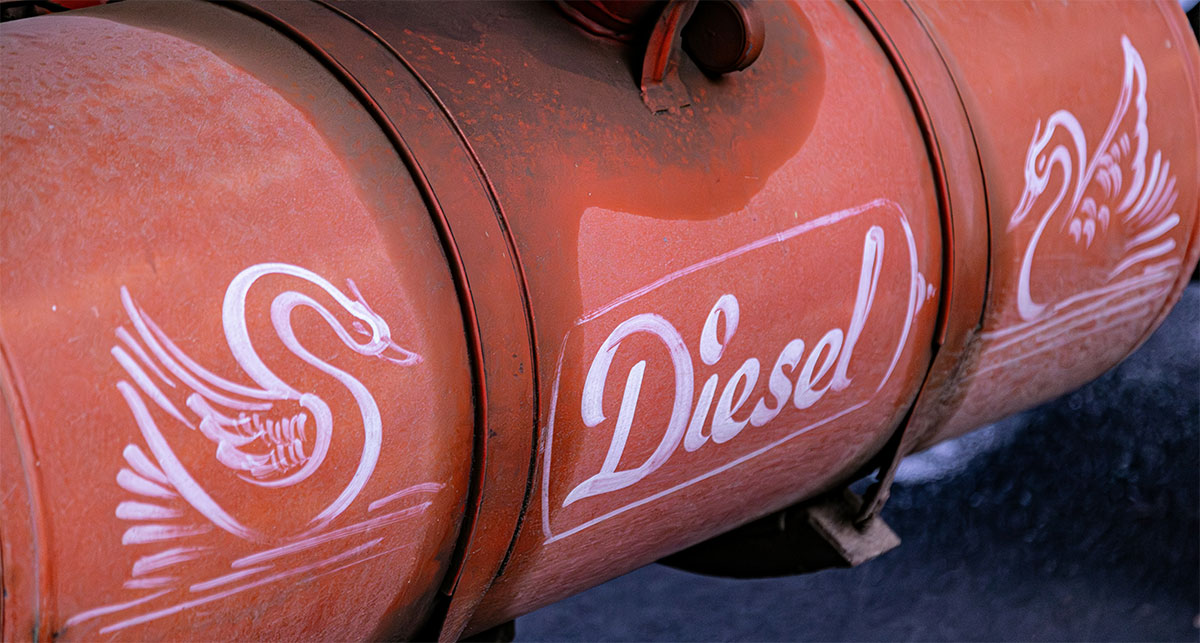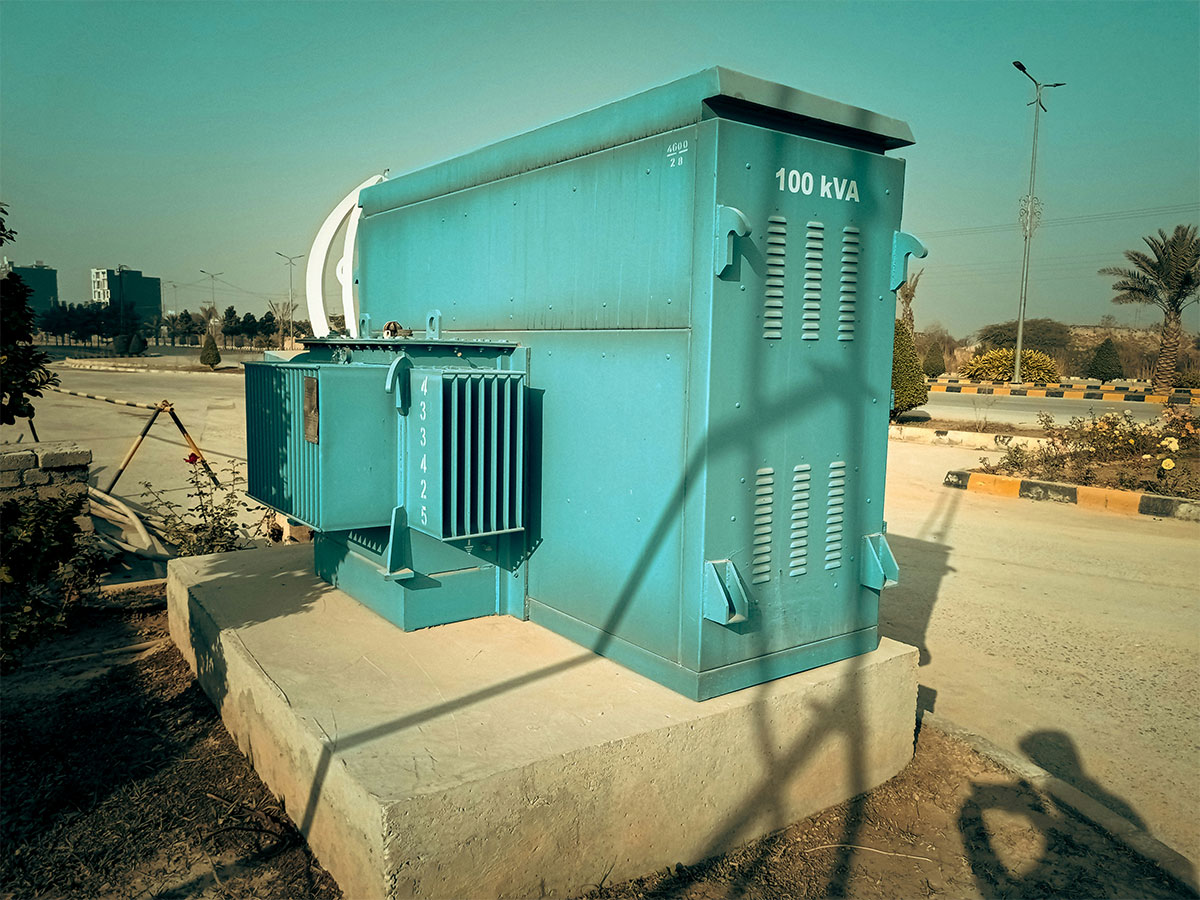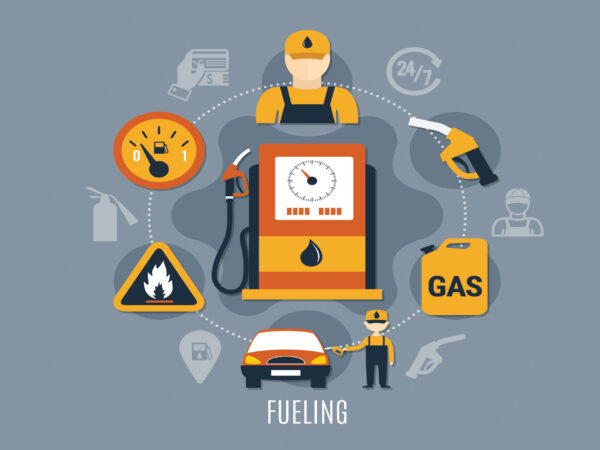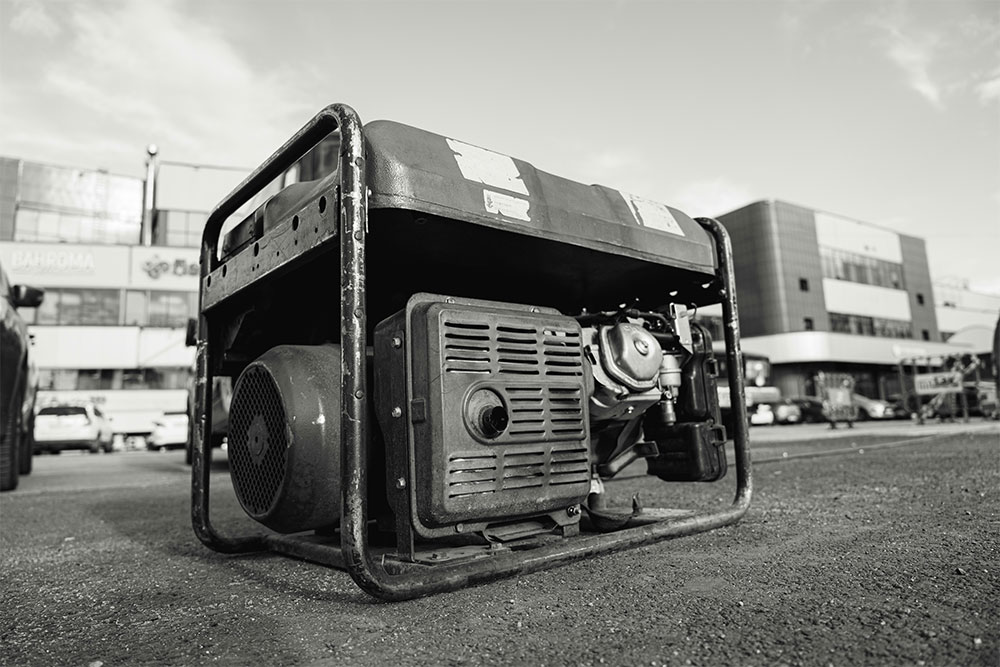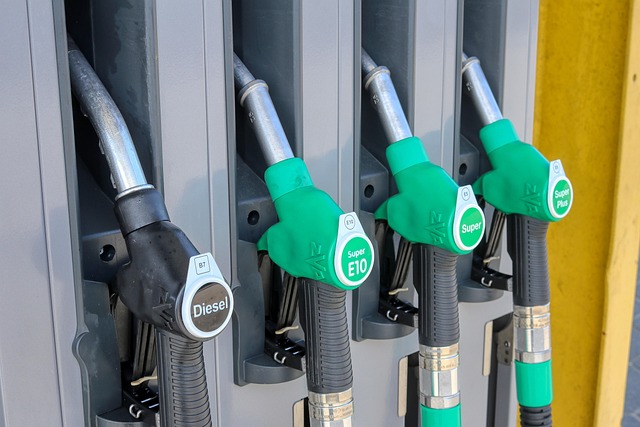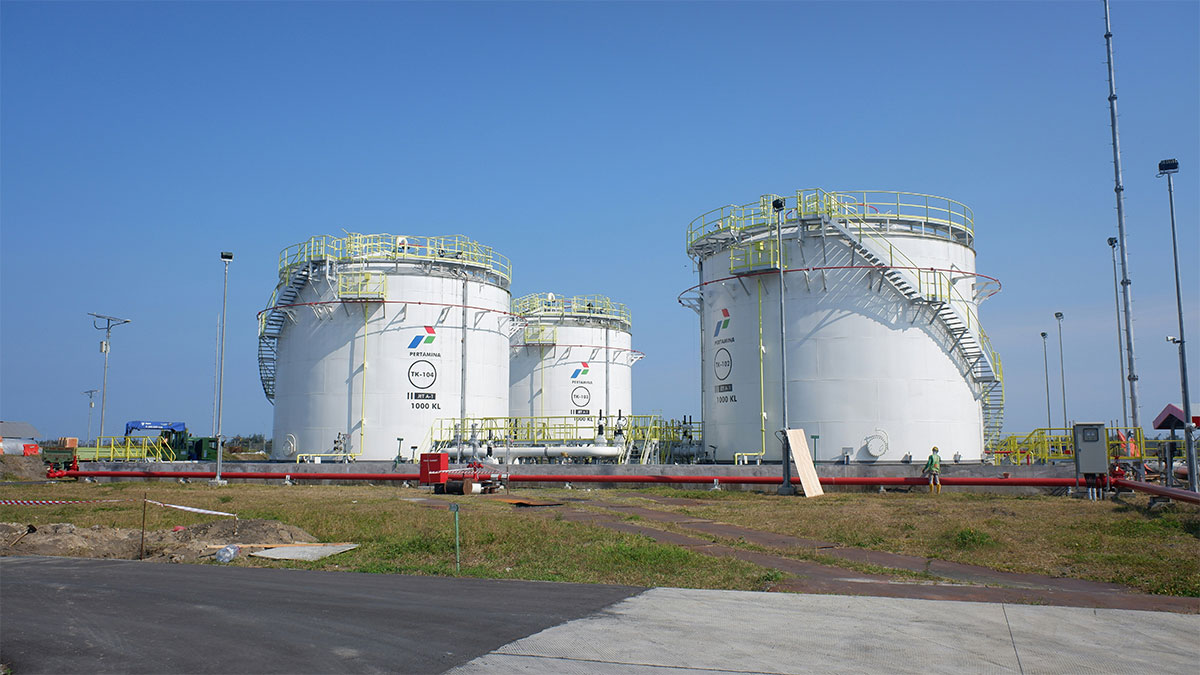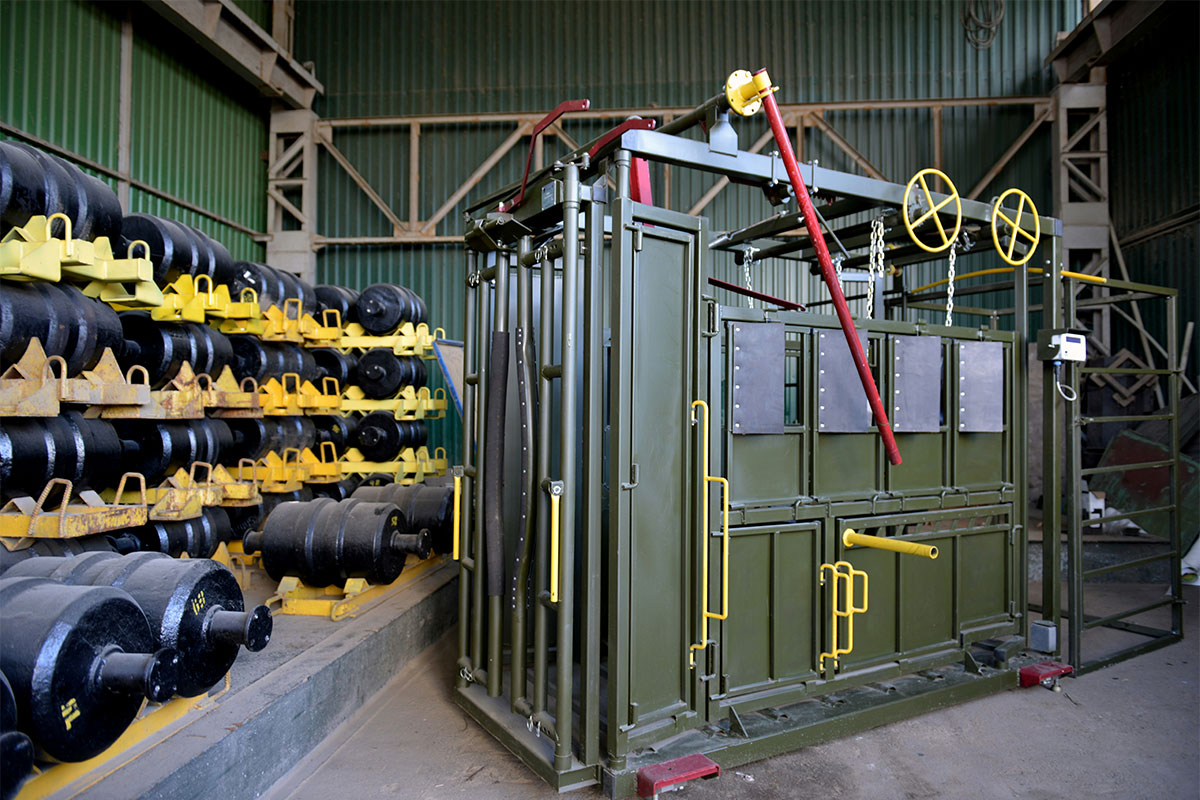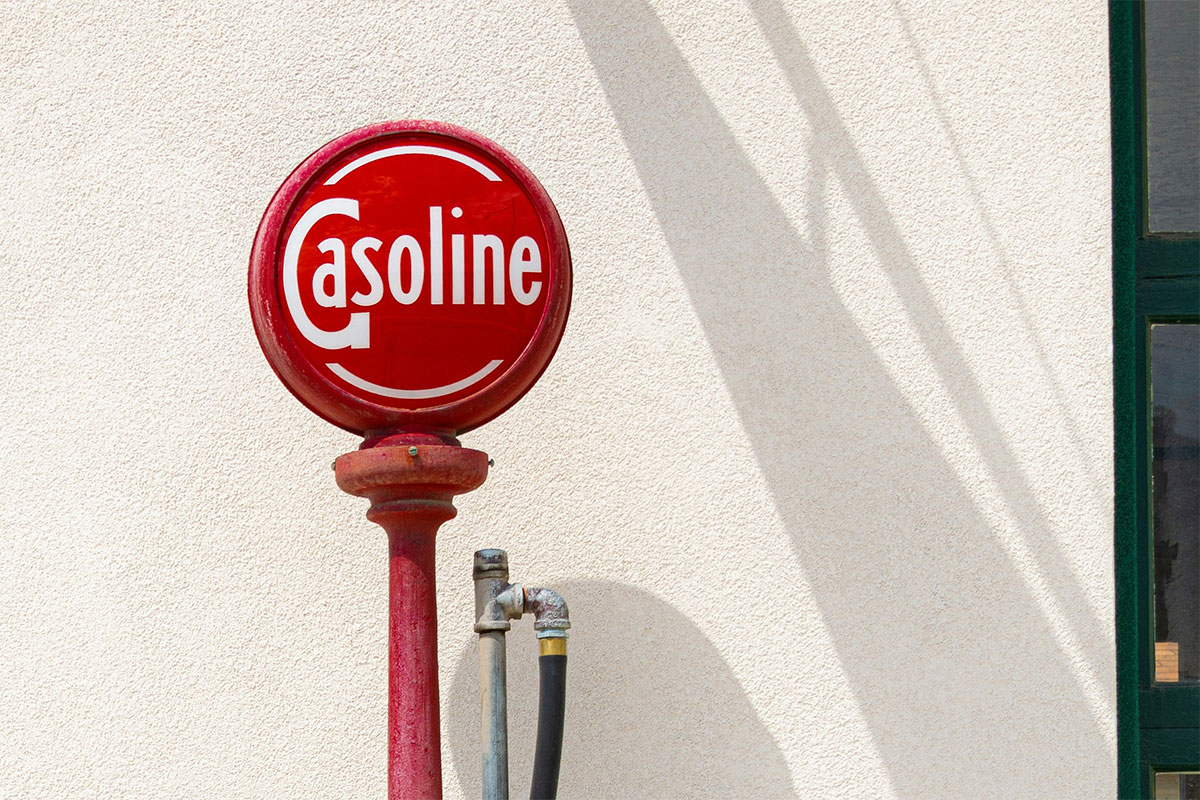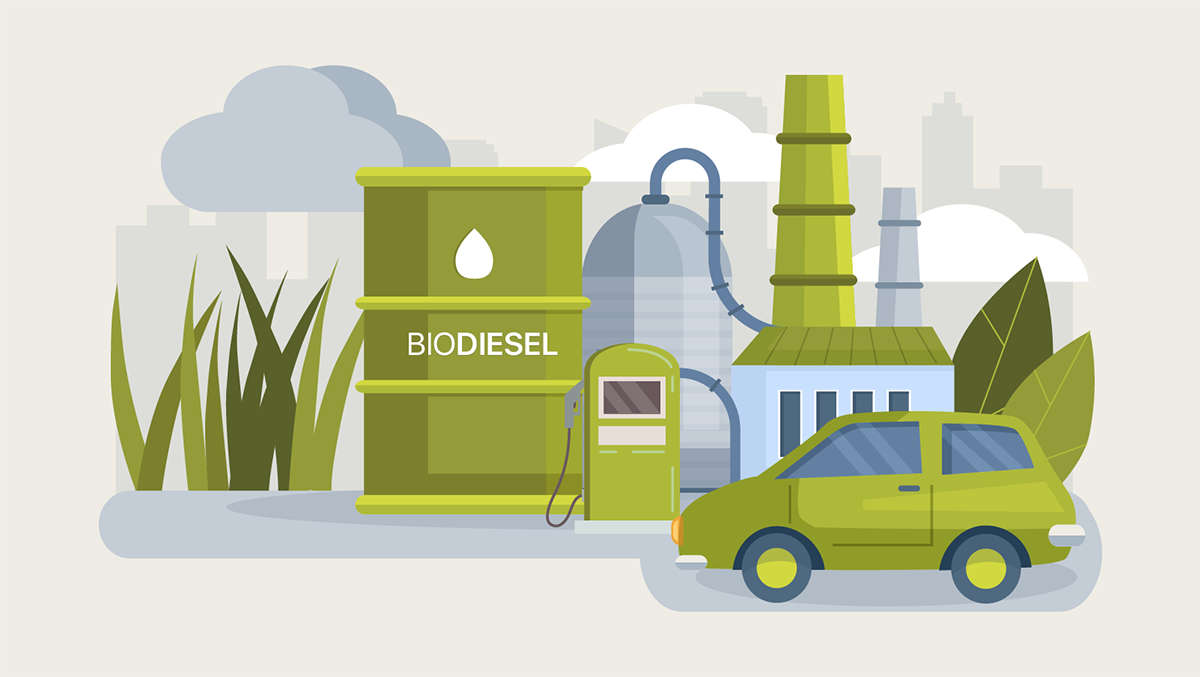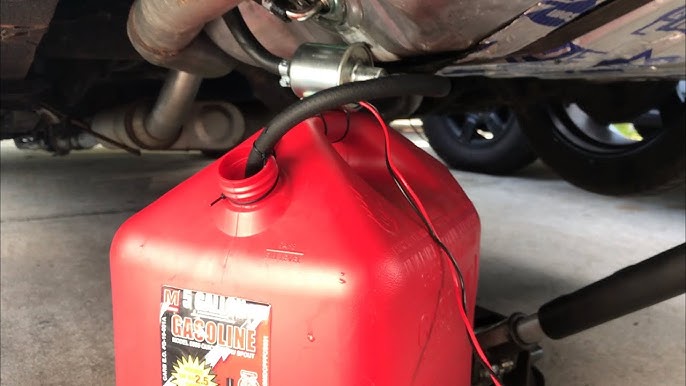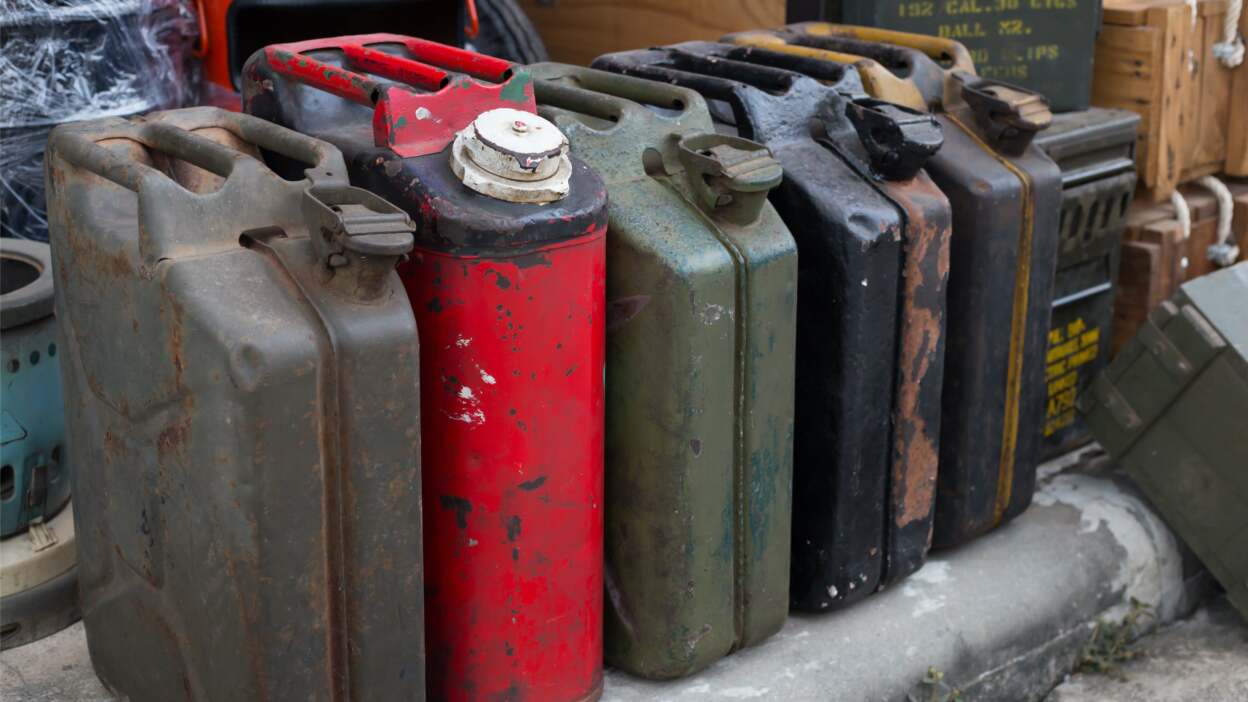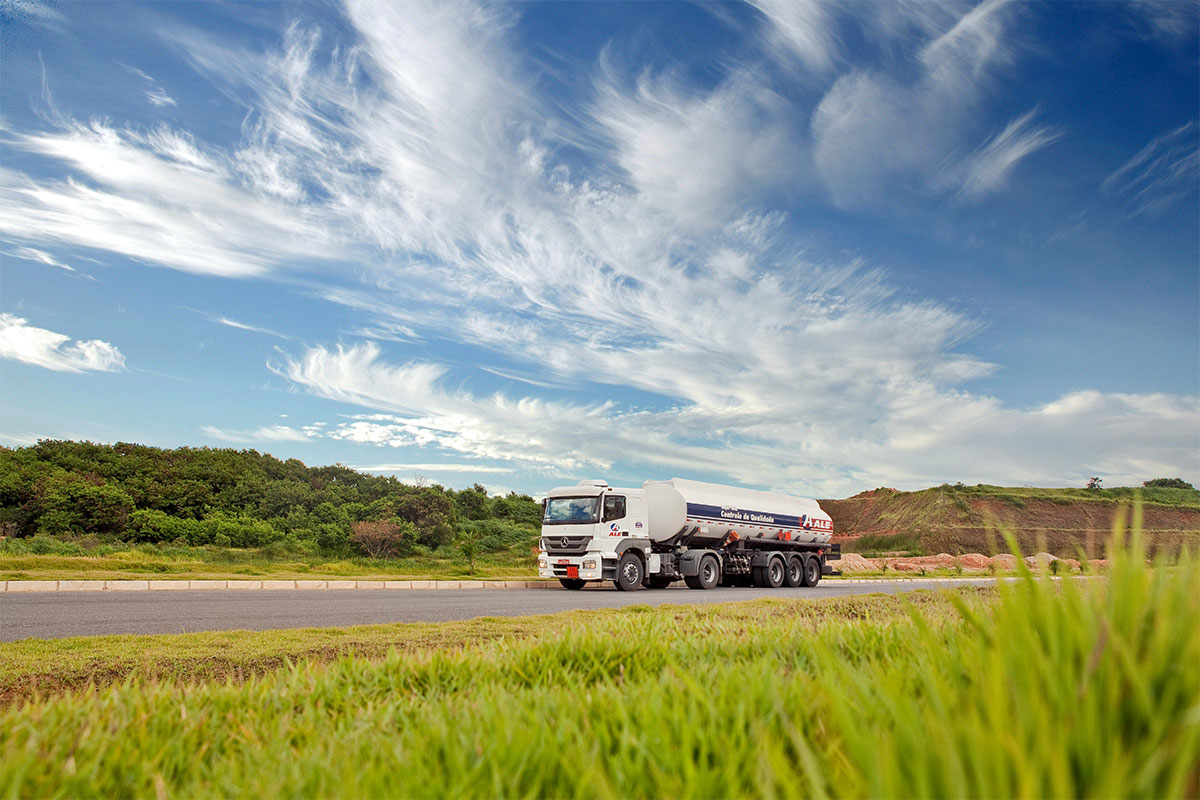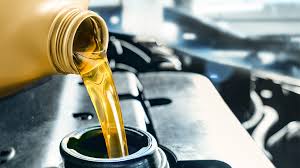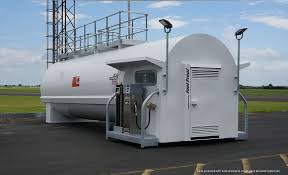Key Takeaways
- Diesel trucks excel in torque, towing strength, and longevity, making them perfect for demanding heavy-duty applications.
- Gas trucks cost less upfront, offer easier maintenance, and suit light-duty drivers with lower mileage needs.
- Diesel engines generally achieve higher fuel efficiency, though diesel fuel prices may offset long-term financial benefits.
- Resale values often favor diesel pickups, especially in markets where towing and hauling remain top priorities.
- The choice depends on your driving style, load requirements, long-term plans, and total cost of ownership.
Table of Contents
Diesel Vs Gas Truck
The comparison of diesel vs gas trucks comes down to performance, fuel efficiency, maintenance costs and the desired experience by you, the driver. The table below reviews these characteristics for diesel trucks and gas trucks.
| Category | Diesel Truck | Gas Truck |
|---|---|---|
| Performance | Has very strong torque making it suitable for towing and, long-distance hauling | Has higher horsepower, smoother acceleration making it more suitable for daily commute. |
| Fuel Efficiency | Better miles per gallon on highways and under heavy load conditions | Lower miles per gallon, especially when towing or carrying heavy payloads. |
| Maintenance | Costlier service, needs specialized mechanics, longer intervals. | Cheaper repairs, simpler systems, easier DIY maintenance. |
| Cost of acquisition | Higher purchase price, especially in heavy-duty models. | Lower initial investment, widely available in all truck classes |
| Most suitable use/users | Contractors, farmers, and drivers with heavy towing/hauling demands | Commuters, light-duty users, and budget-conscious truck owners. |
Gas Vs Diesel In 1 Ton Truck Which Has More Power?
In a comparison of gas vs diesel 1 ton trucks, there is a clear difference between the two. Diesel engines have greater torque, and so they are more dominant and more efficient when pulling heavy trailers, farm equipment or construction gear. For gas engines, though they have higher horsepower, they’re not as performant when it comes to towing and fuel efficiency under load.
So for heavy-during hauling, diesel is more performant and efficient, handling more weight with less strain. However, gas engines are not entirely useless, and given that they cost less to acquire and maintain, they are still very attractive to buyers who want moderate performance and low costs.
Debating Between Diesel vs Gas for Towing?
Heavy-duty hauling demands power. Diesel trucks deliver unmatched torque, fuel efficiency, and long-term durability for trailers, farming, or construction. Learn how diesel stacks up against gas in real-world towing tests and decide which engine is right for your workload.
Gasoline VS Diesel Truck Which Engine Type Lasts Longer?
Diesel engines compression ignition engines designed to last long and can surpass 300,000miles they’re maintained well. However, gas engines don’t last as long as their diesel counterparts. The longevity of gas engines depends heavily on how they are maintained and cared for. To expand the life of a gasoline engine you have to change the oil regularly, check the fuel system often and avoid strain. If you’re planning long distance heavy hauling, diesel trucks are better, but if the purpose of the truck is to drive in the city, gas engines provide enough reliability and low cost maintenance .
Diesel Pickup VS Gas Which Offers Better Value Over Time?
In the discussion of diesel vs gas trucks, overall value is an important factor to consider. While diesel trucks cost more upfront but it depreciates slower especially when being used in heavy duty applications. Their fuel efficiency is also better, so the cost per mile is lower.
For gas trucks, they are cheaper to buy initially, easier to repair and serve light duty usage very well, but they depreciate faster than diesel trucks.
So if you are calculating total ownership value, diesel trucks offer better return for frequent heavy duty uses and have a strong appeal in the resale market why gas trucks are more economical they are easy to repair and cost less for initial purchase, so they are very suitable for casual city driving.
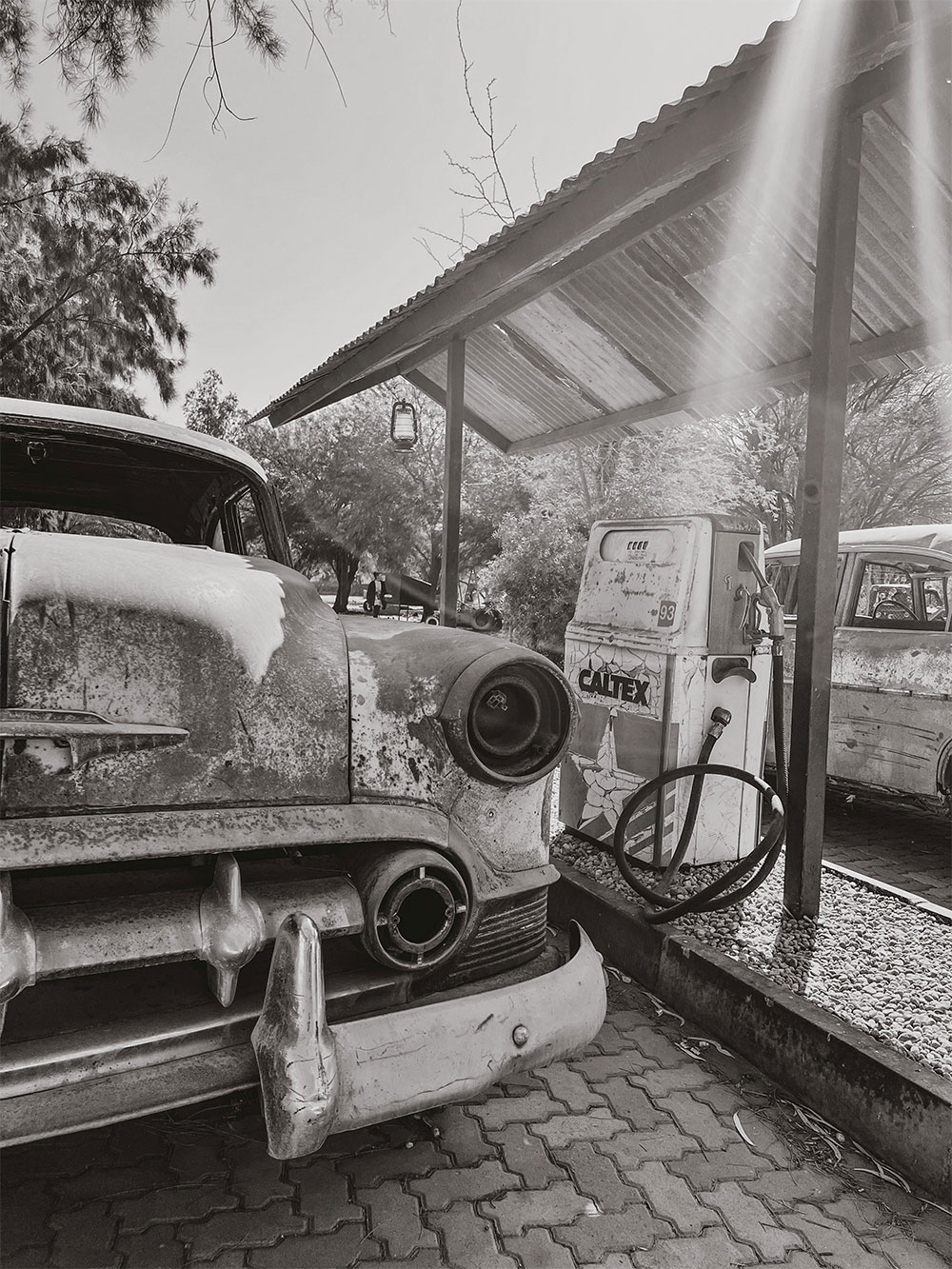
Is It Worth Getting A Diesel Truck Over Gas?
When you ask yourself, is it worth getting a diesel truck over gas? The answer to the question is centered around the intended use for the truck. If you want a truck for commercial purposes, a diesel truck is the best option. It offers higher torque, greater fuel efficiency and higher resale value. This accounts for a possible high return on investment. If you have a large fleet, you may even benefit from some tax deductions linked to diesel.
But if you own a gasoline truck it will be hard to return even the money used to get it upfront.
So if you’re involved in long distance travel and very duty hauling, use a diesel truck. If you’re only going to drive on city roads, a gas truck is the better option for you.
Pros And Cons Of Diesel Vs Gas Trucks
When looking at pros and cons of diesel vs gas trucks you need to know that they each have their unique traits
Pros of Diesel Engines
- Delivers better torque
- Has higher towing power
- Diesel trucks have longer lifespans and are ideal
- For heavy duty and long haul applications.
Cons of Diesel Engines
- Diesel engines are costly to repair
- They are costly to purchase
Diesel engines consistently deliver more power and are more suitable for heavy duty applications and long hauls. But if the goal is to drive your truck in town, gasoline trucks are better as they offer quicker acceleration, cost less to repair and cost less in initial purchase cost. To make a choice on what to buy, consider reviewing a checklist of things to consider before buying a truck.
Want Lower Long-Term Truck Costs?
Gas pickups are cheaper upfront and easier to maintain, while diesel trucks retain resale value and thrive in demanding conditions. Discover the true cost of ownership breakdown and see which option gives you the best financial return over time.
Gas Engine VS Diesel Engine Trucks Which Is More Reliable?
If you’re going to be using your gas engine for long haul and heavy duty applications, it will absolutely not be reliable and will easily get damaged as its torque is low and power output is low too. So for long distance hauling and heavy duty use, diesel trucks are very reliable.
On the other hand, using diesel trucks in city driving is ultimately an expensive endeavour, making diesel trucks less reliable in city driving applications. So for casual driving and city use, gas trucks are more reliable.
Reliability for trucks primarily depends on their use.
Gas Vs Diesel In 1 Ton Truck Which Has More Power?
In a gas vs diesel 1 ton truck, performance differences are clear. Diesel engines offer higher torque, dominating when pulling heavy trailers, farm equipment, or construction gear. Gas engines, while powerful in horsepower, often lag behind in sustained towing and fuel efficiency under load. For heavy-duty hauling, a diesel or gas truck decision usually favors diesel, as it handles weight with less strain. Still, gas models remain attractive for buyers needing solid performance without the higher cost. In short, diesel wins towing and endurance, while gas wins affordability in the diesel truck vs gas truck debate.
Ready to Choose the Right Truck for You?
Whether you’re commuting in the city or pulling heavy loads across highways, your engine choice matters. Get clear insights into fuel efficiency, reliability, and lifespan so you don’t regret your next truck investment.
Diesel VS Gas Powered Trucks Which Offers The Best Fuel Efficiency?
Fuel efficiency is a major factor in diesel vs gas powered trucks. Diesel pickups consistently return 20–30% better miles per gallon than gas trucks, especially under load or on highways. In city driving, the advantage narrows, though diesel still performs well. A gas vs diesel pickup truck comparison shows gas burns faster under towing conditions, while diesel thrives with stability and range. Driving style and load weight influence results, for example, aggressive acceleration hurts gas trucks mileage more than diesel. For long-distance drivers, diesel trucks pay off in fewer fuel stops and lower overall fuel expenses per mile traveled.
Diesel VS Gas Truck Cost Of Maintenance
The diesel vs gas truck comparison in terms of cost of maintenance is a critical ownership factor. Diesel engines require pricier parts, diesel exhaust fluid, and specialized mechanics. However, their longer service intervals can reduce total shop visits. Gas trucks, in contrast, are easier for DIY fixes and use more affordable parts.
While diesel has higher upfront repair costs, their durability can balance expenses long term. For owners comparing a diesel truck or gas truck the decision should weigh on budget flexibility against usage intensity. Light-duty drivers save money with gas; heavy-duty operators recoup diesel costs through longer-lasting performance and fewer breakdowns under pressure.
Diesel VS Gas Truck Resale Value
Looking at diesel vs gas truck resale value, diesel pickups usually hold value better due to demand in heavy-duty markets. Buyers appreciate their longevity, making them attractive on the used market. Gas trucks depreciate quicker, especially with high mileage, though they still appeal to buyers seeking affordability.
A diesel truck shines for commercial resale, where reliability matters. However, trucks with poor maintenance records diesel or gas have diminished resale potential. Mileage, condition, and service history ultimately decide price. For owners planning eventual resale, diesel typically pays off stronger than gas, especially in the pickup segment.
Diesel VS Gas Truck Environmental Impact
The diesel vs gas truck environmental impact debate is evolving. Historically, diesel produced more nitrogen oxides and particulates, while gas released higher carbon monoxide. New clean-diesel tech and DEF systems have reduced emissions dramatically. Meanwhile, gas engines benefit from catalytic converters and cleaner-burning fuels. Both truck types face scrutiny as electrification rises, yet diesel still leads in efficiency under load. A gas versus diesel trucks discussion on eco-friendliness must also consider fuel sourcing and lifecycle emissions. As green technologies advance, hybrids and renewable fuels will influence whether a diesel or gasoline truck becomes the cleaner long-term choice.
Diesel VS Gas Truck Life Of The Vehicle
When comparing the lifespan of diesel vs gas trucks, diesel pickups usually last longer, sometimes surpassing 500,000 miles. Gas trucks, while dependable, generally retire earlier due to wear under heavy loads. Diesel’s design handles compression stress better, giving it endurance for commercial work. However, gas engines still offer reliable service for average drivers with lower mileage demands. A well-maintained diesel vs gasoline pickup trucks comparison shows both can last decades, though diesel maintains the upper hand in long-haul, high-stress environments. For personal use, gas longevity is often enough, while diesel dominates in demanding professional applications.





